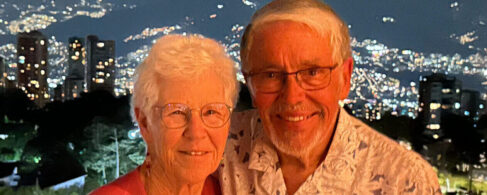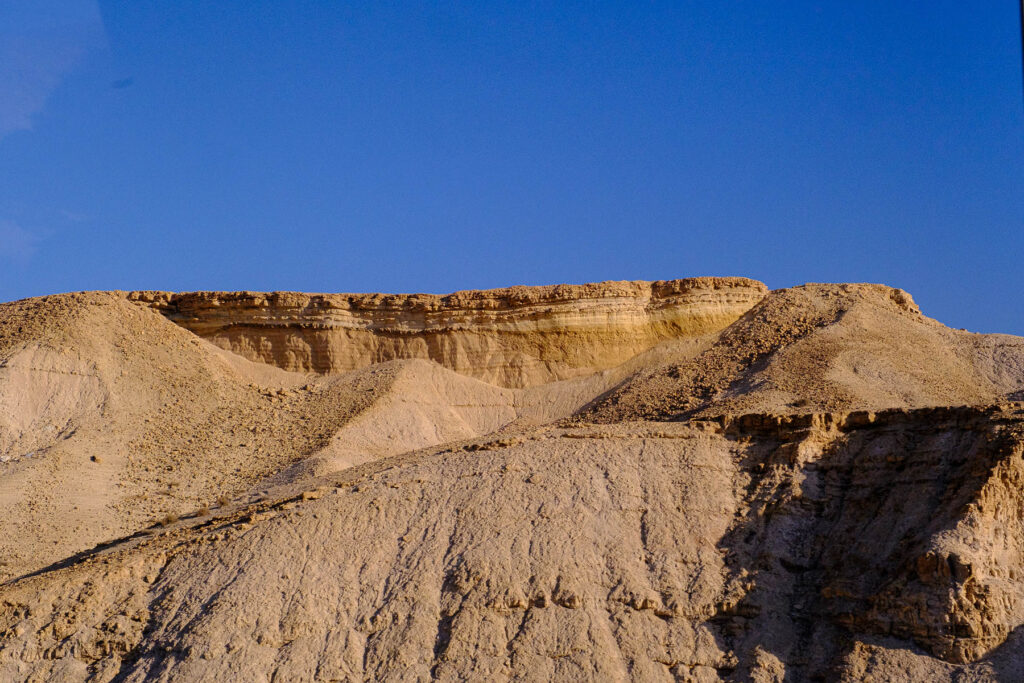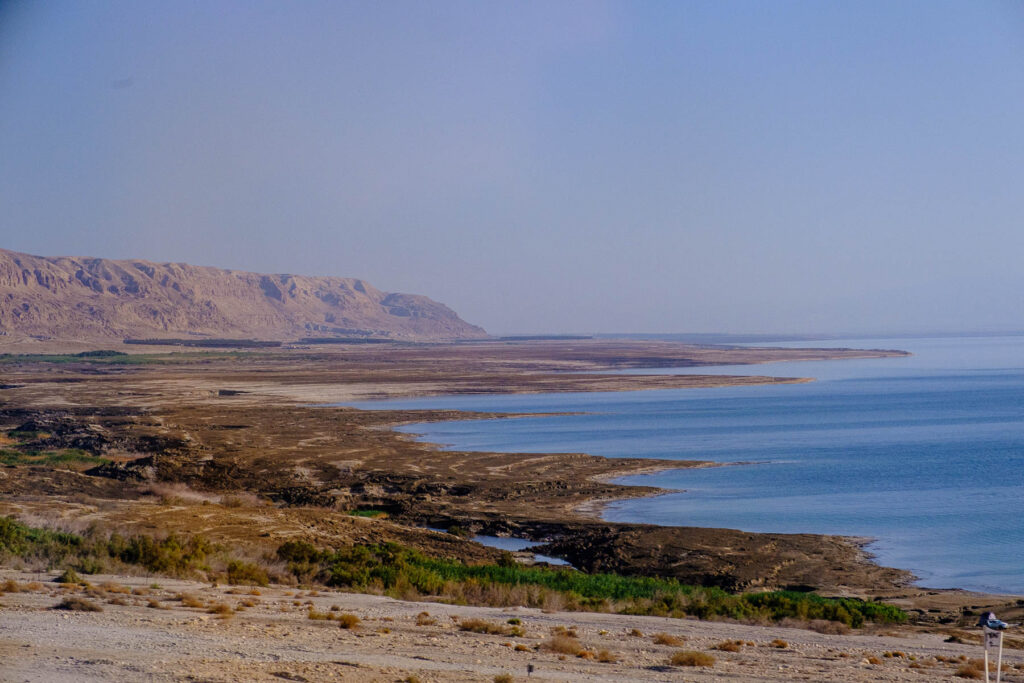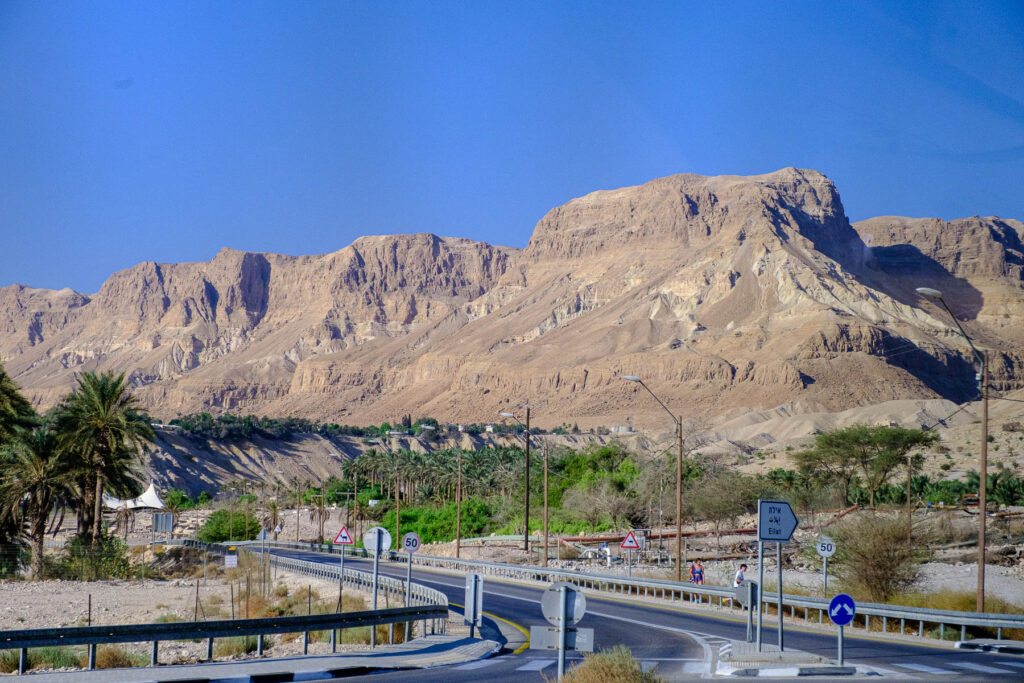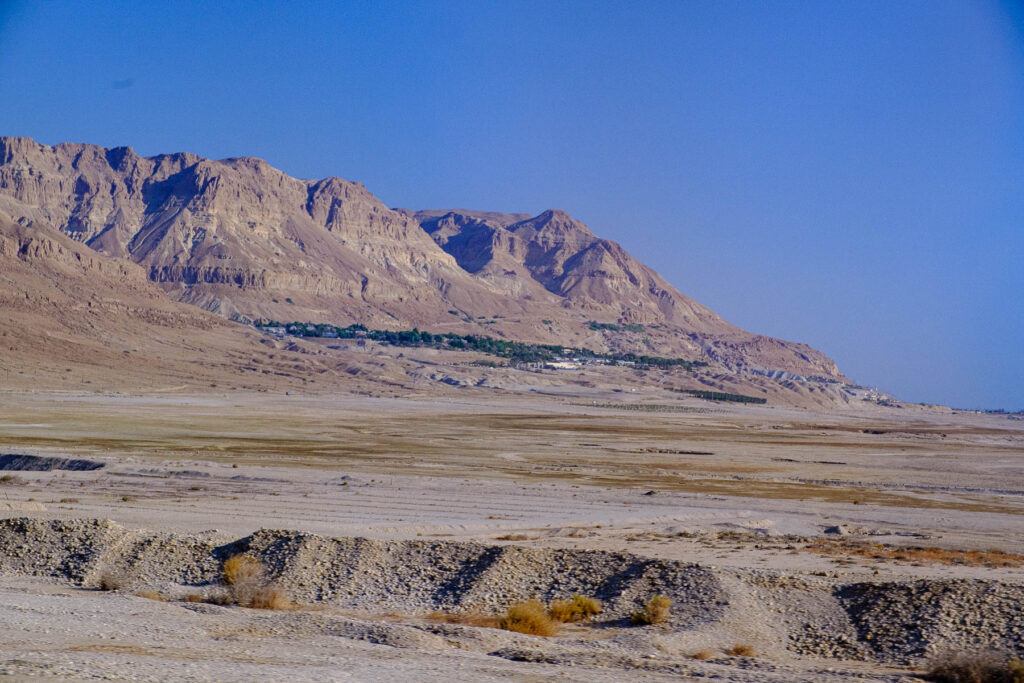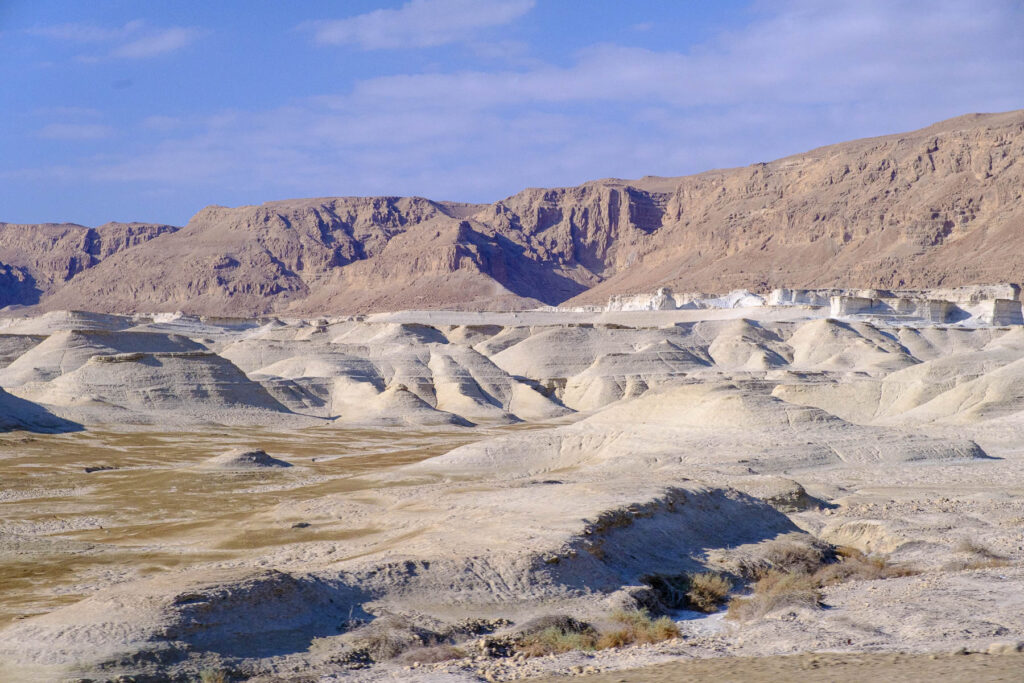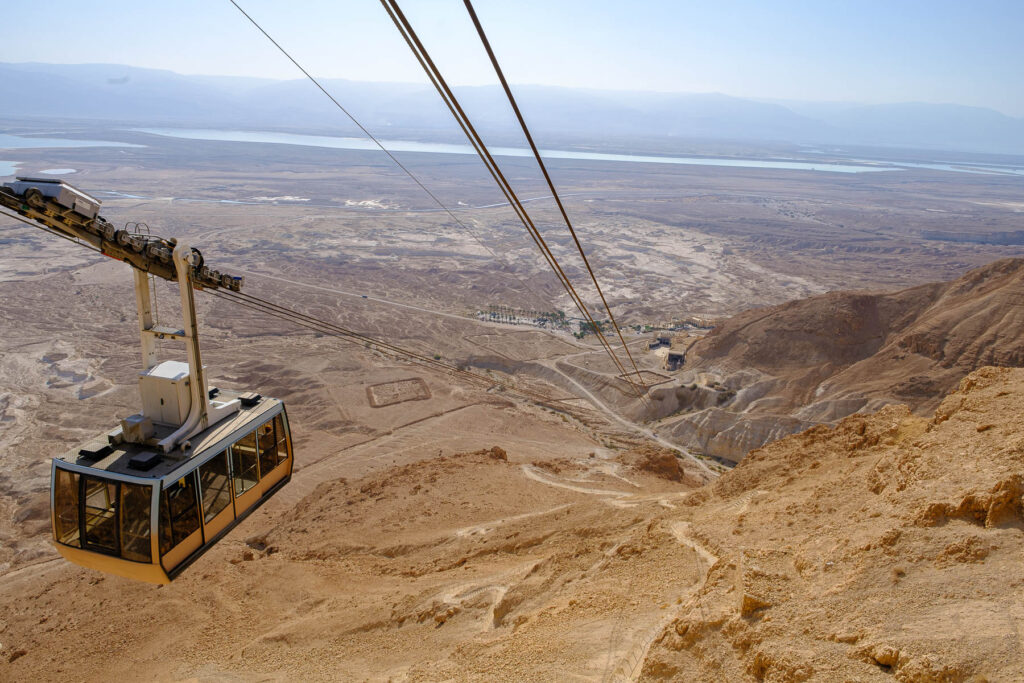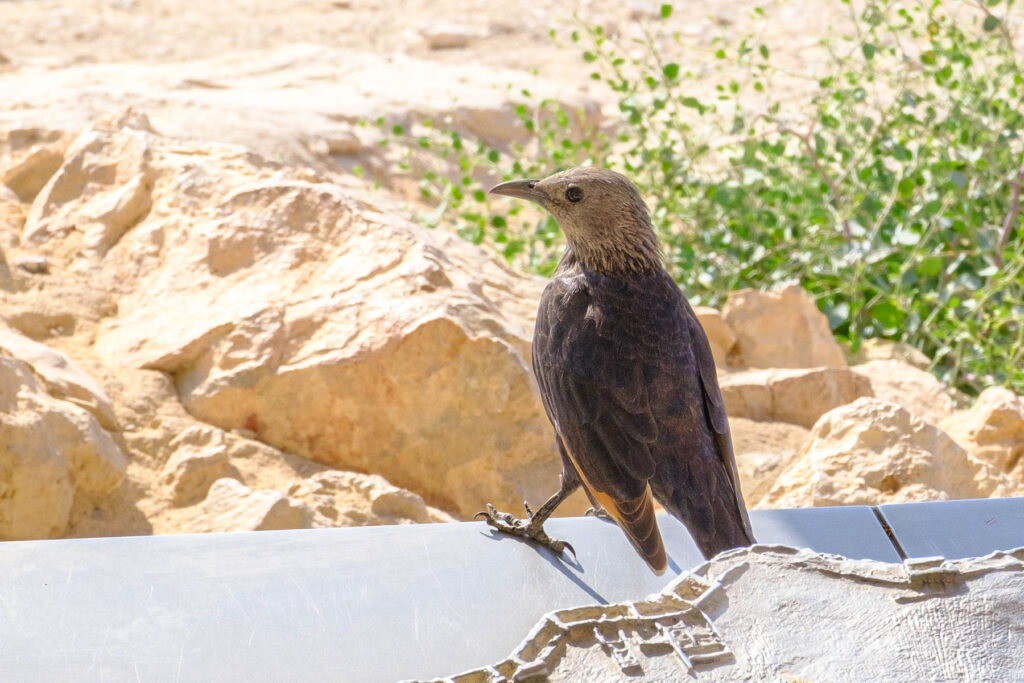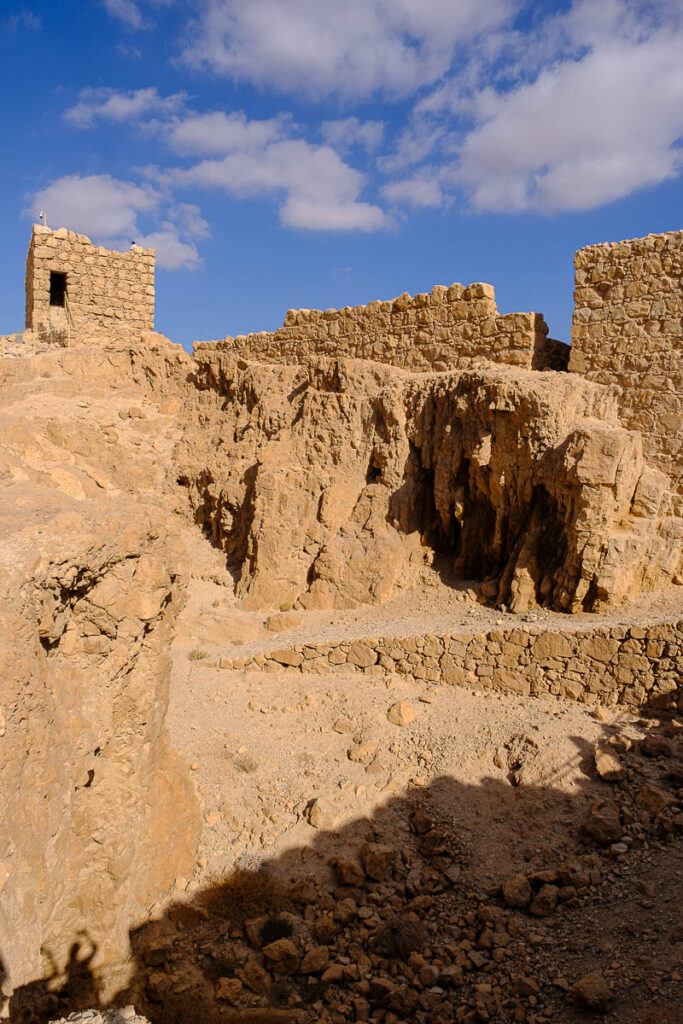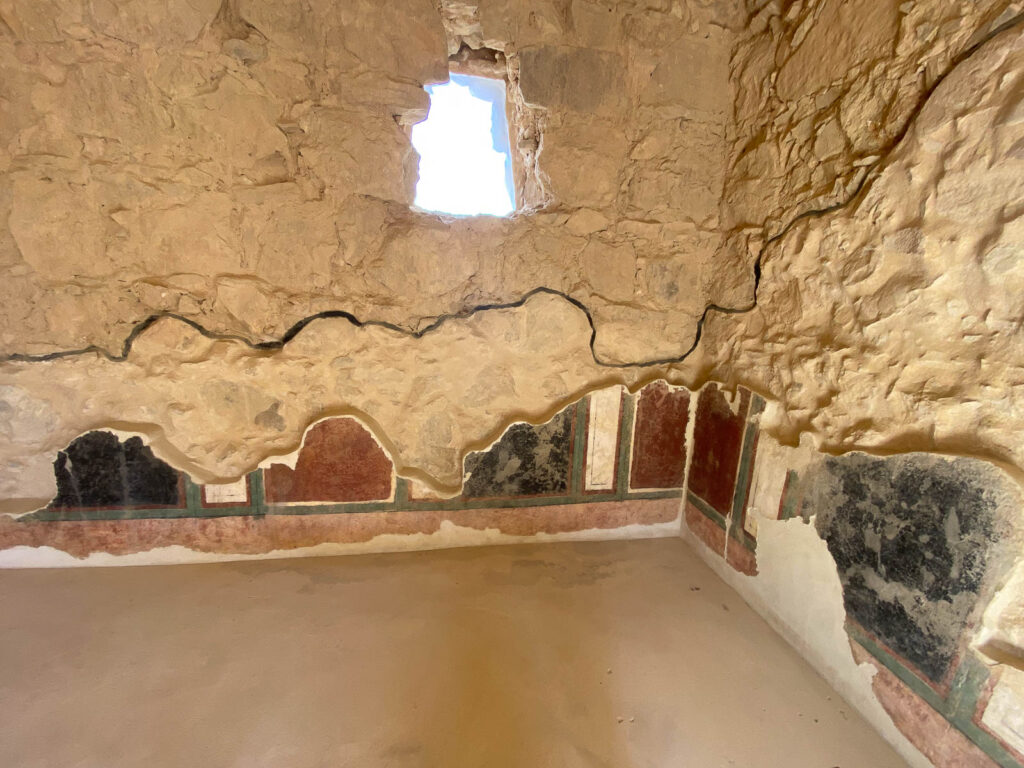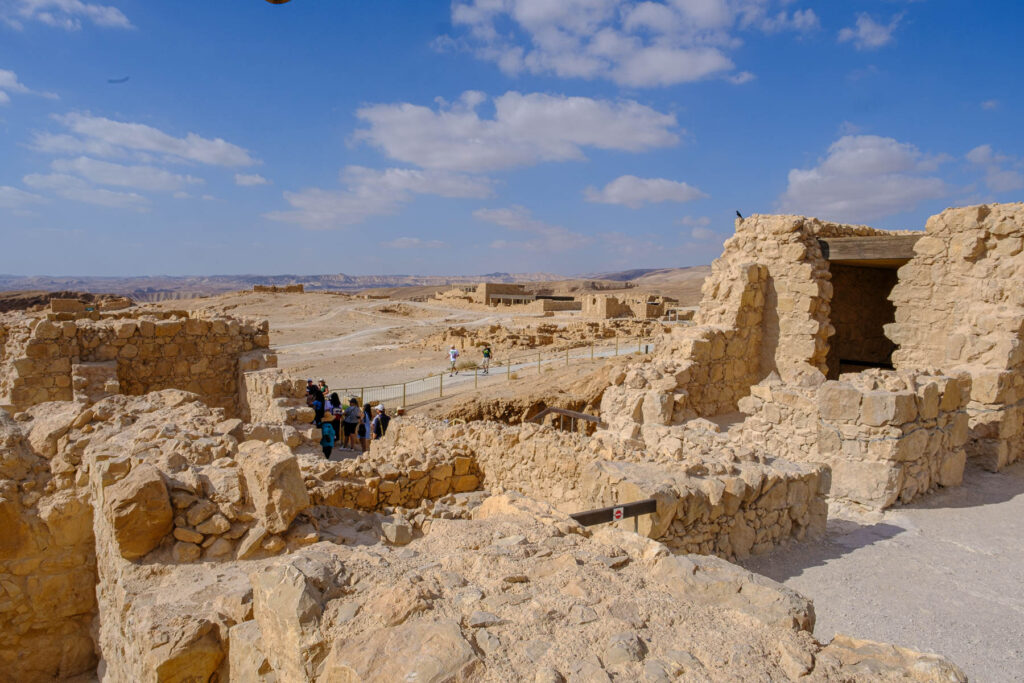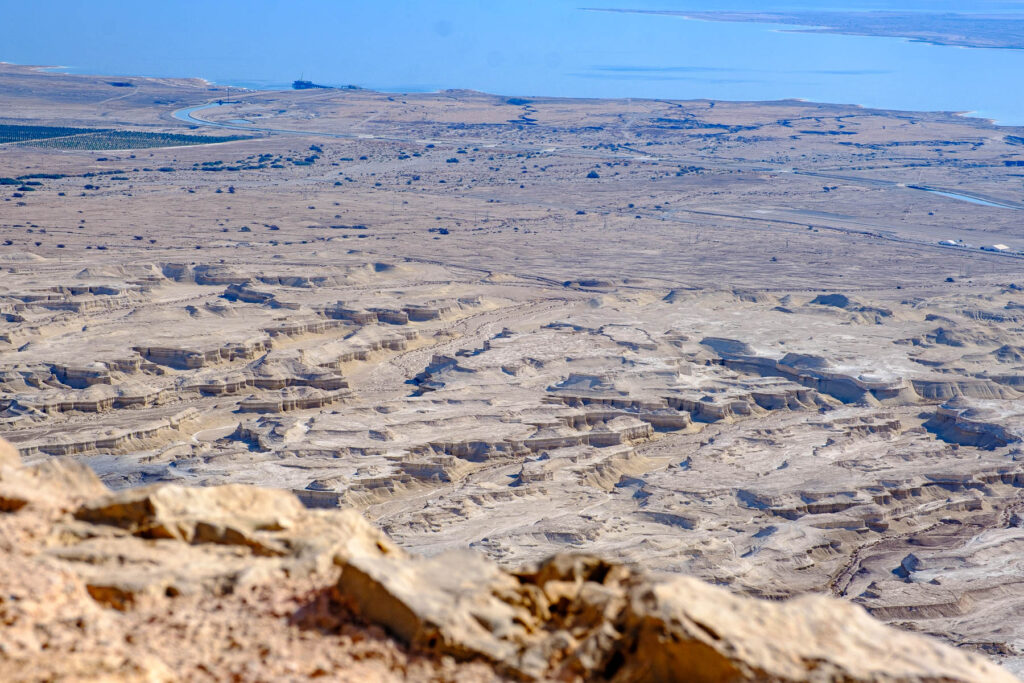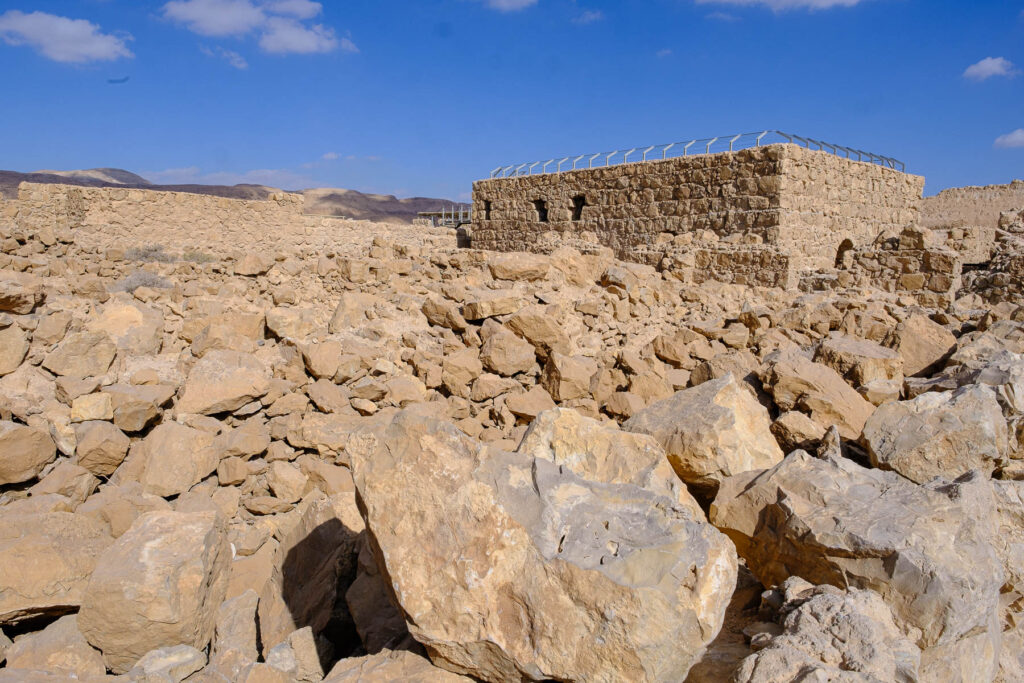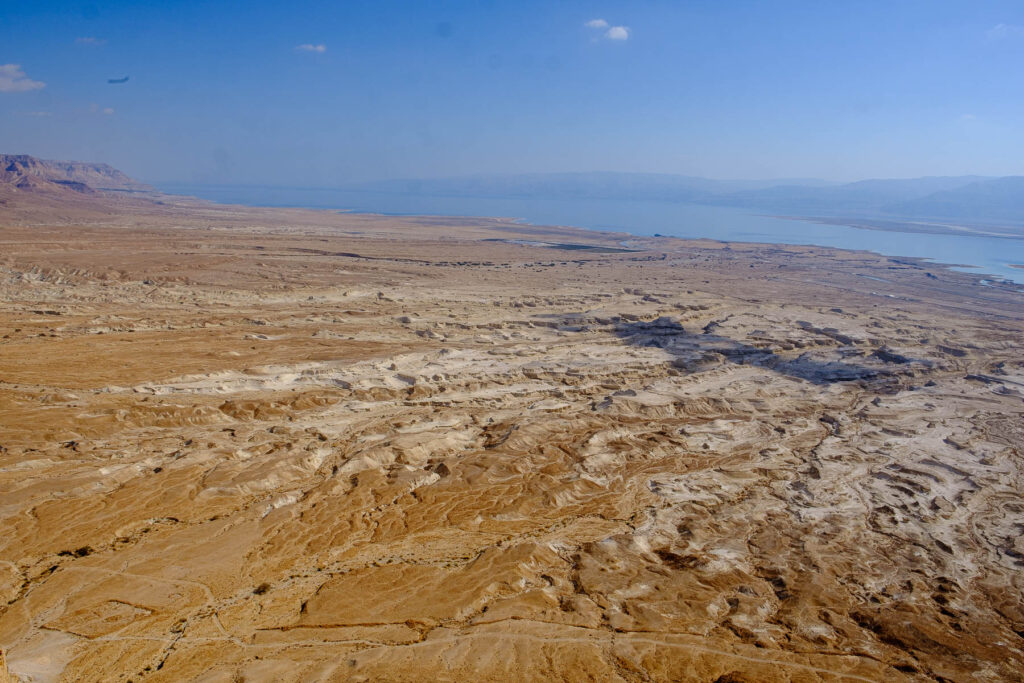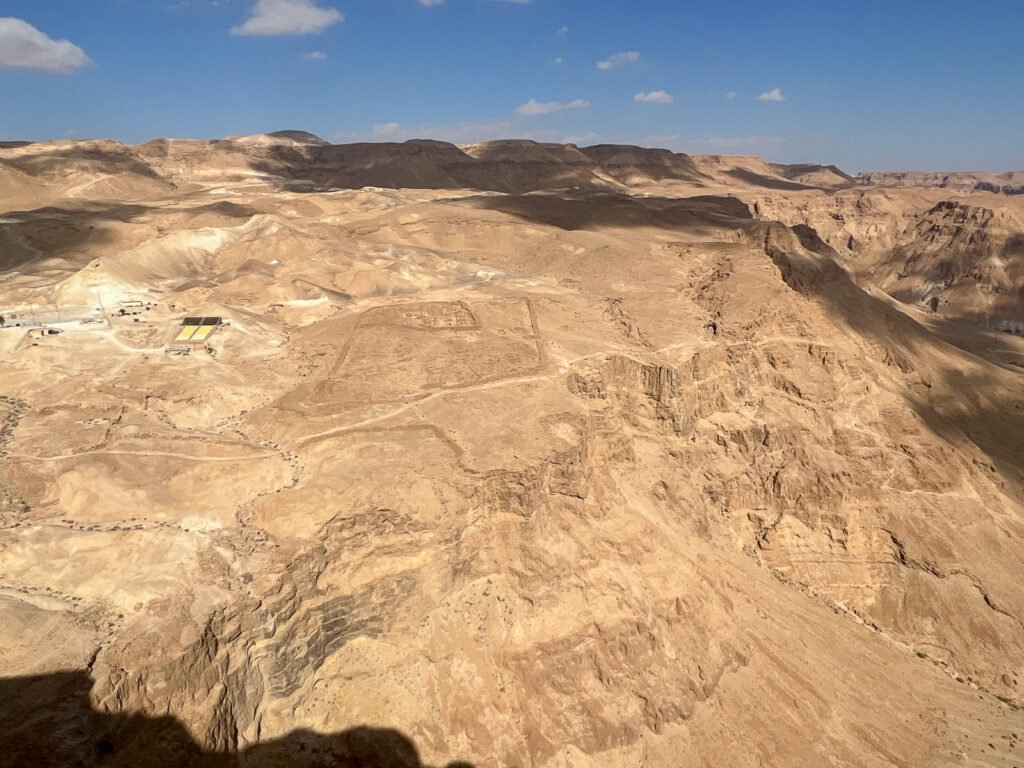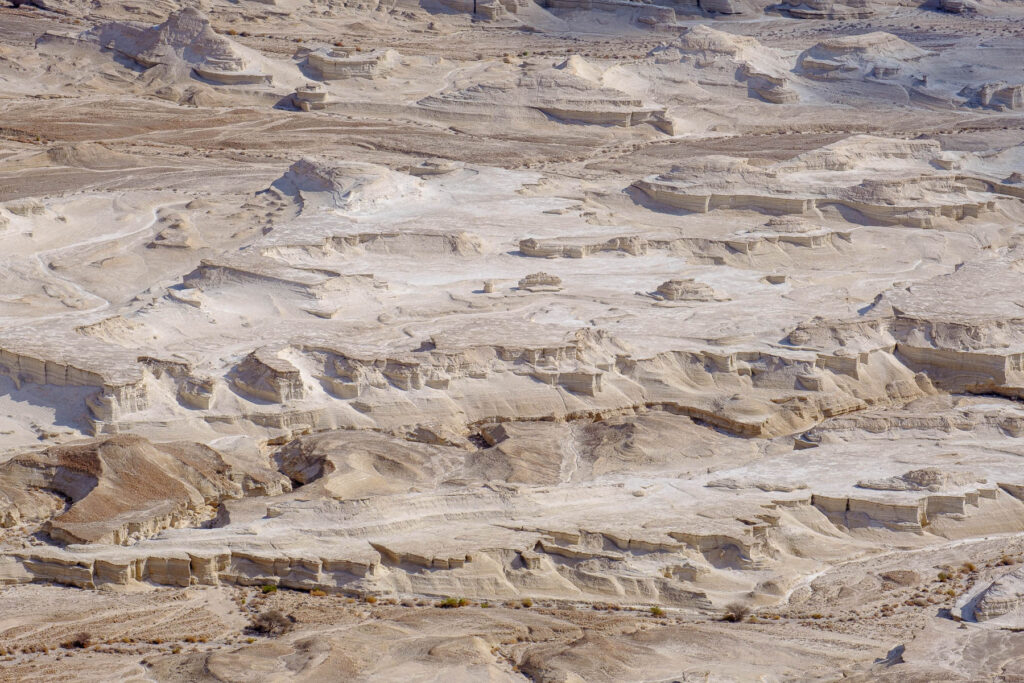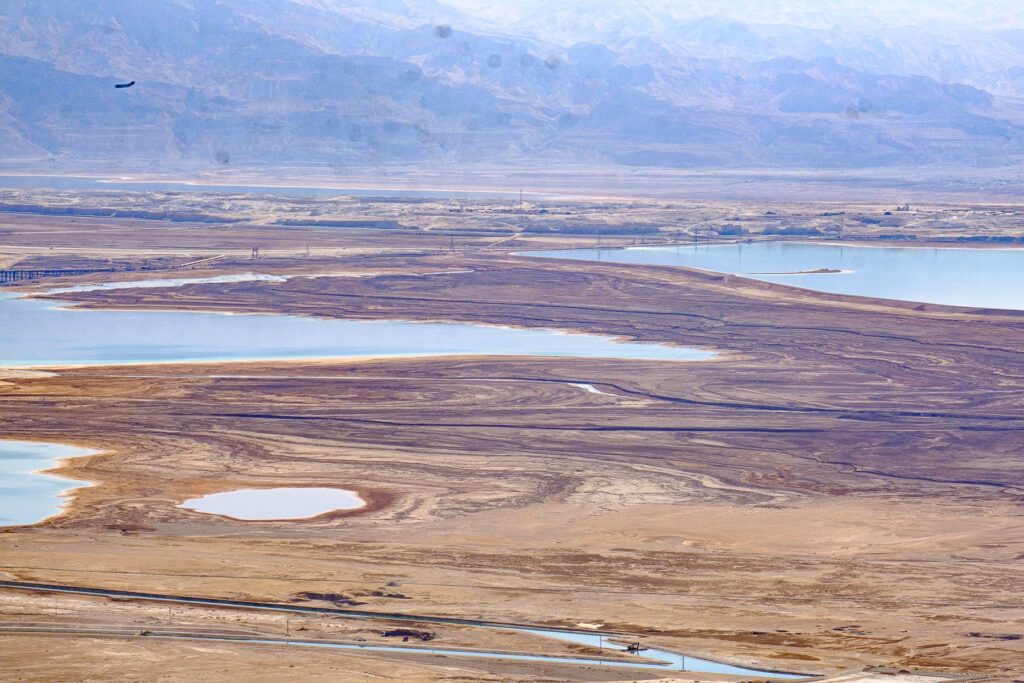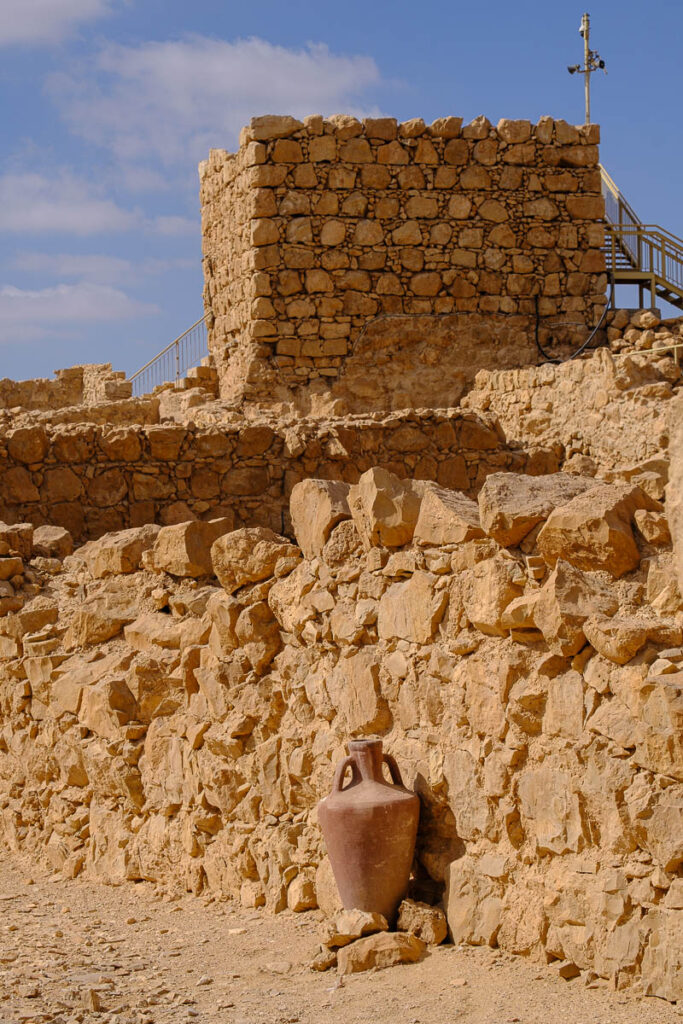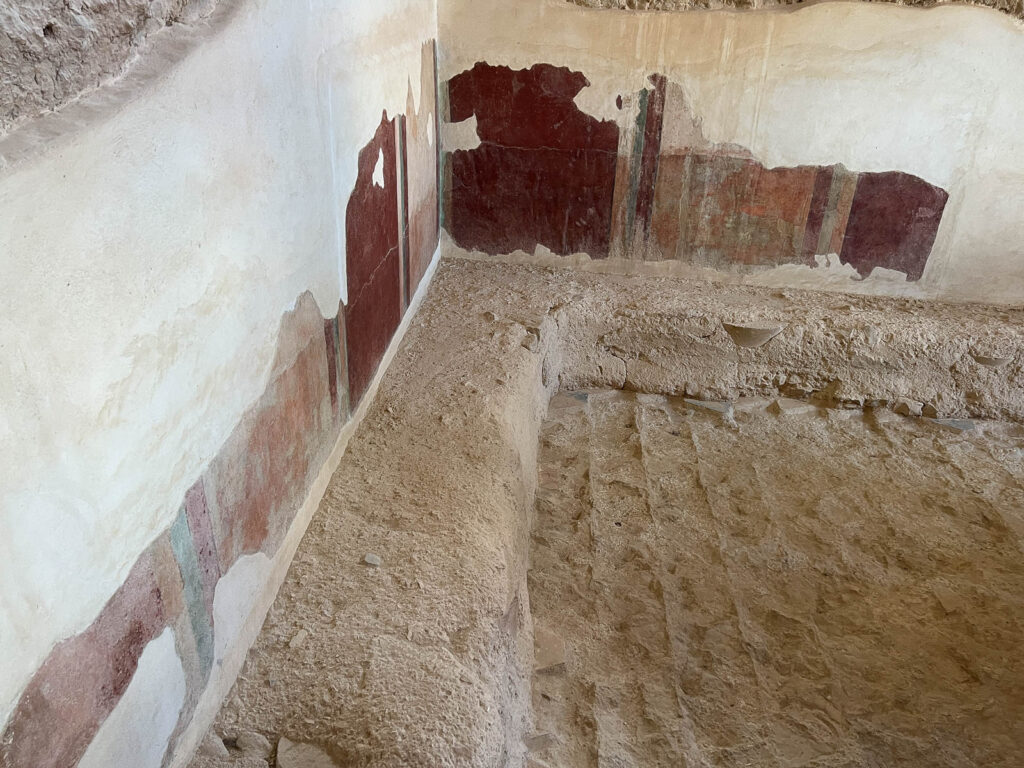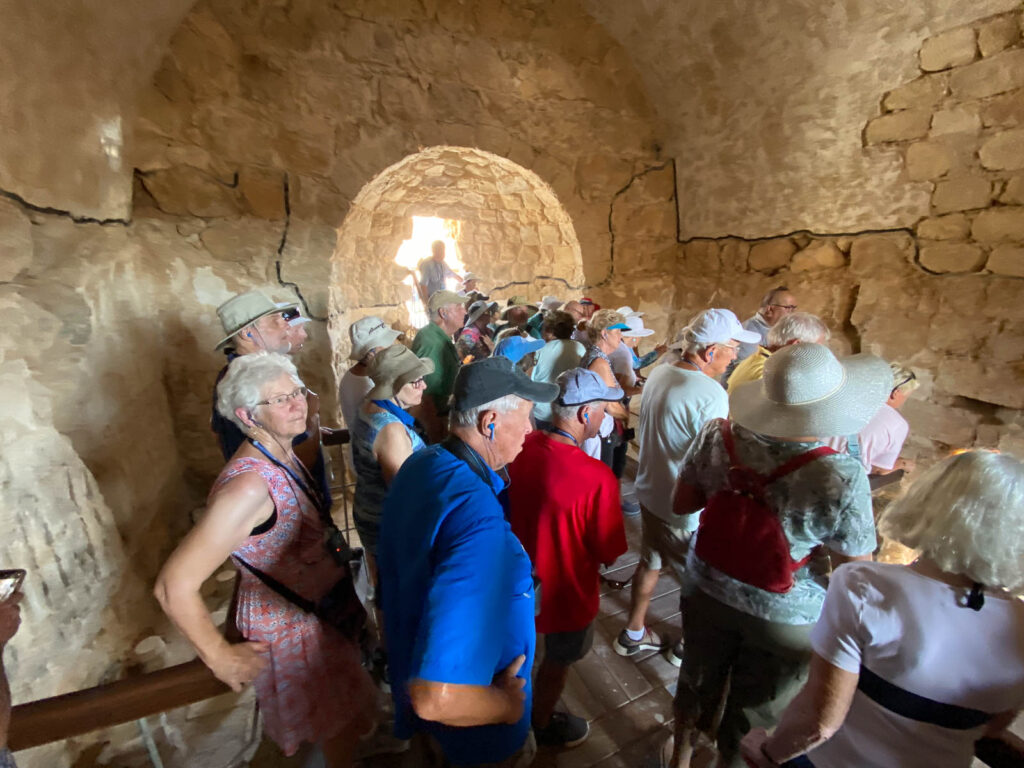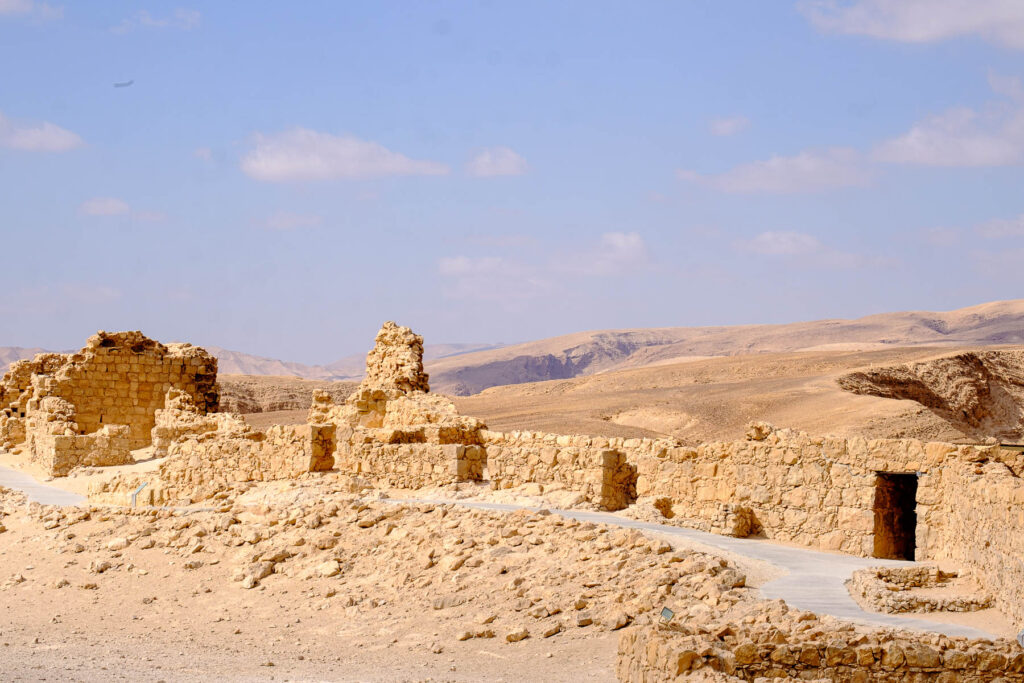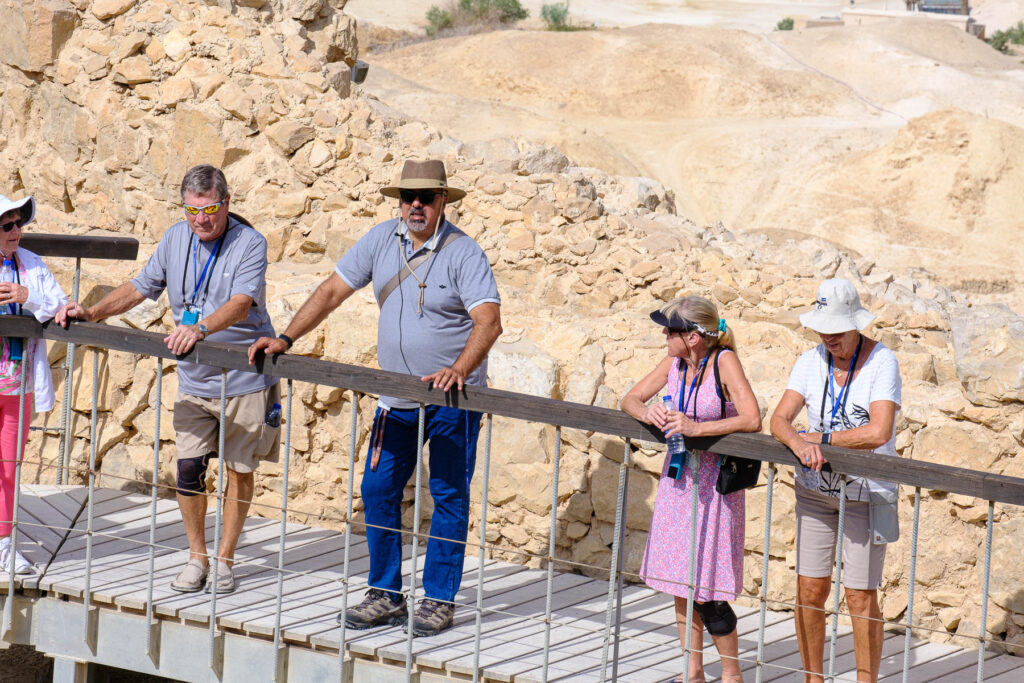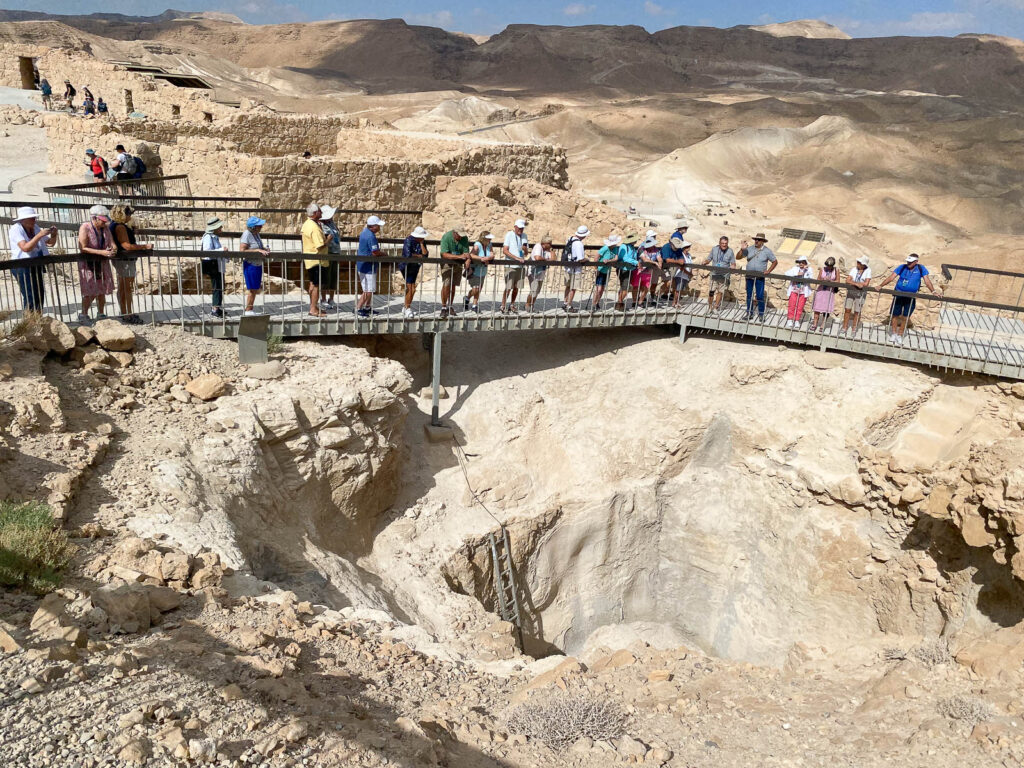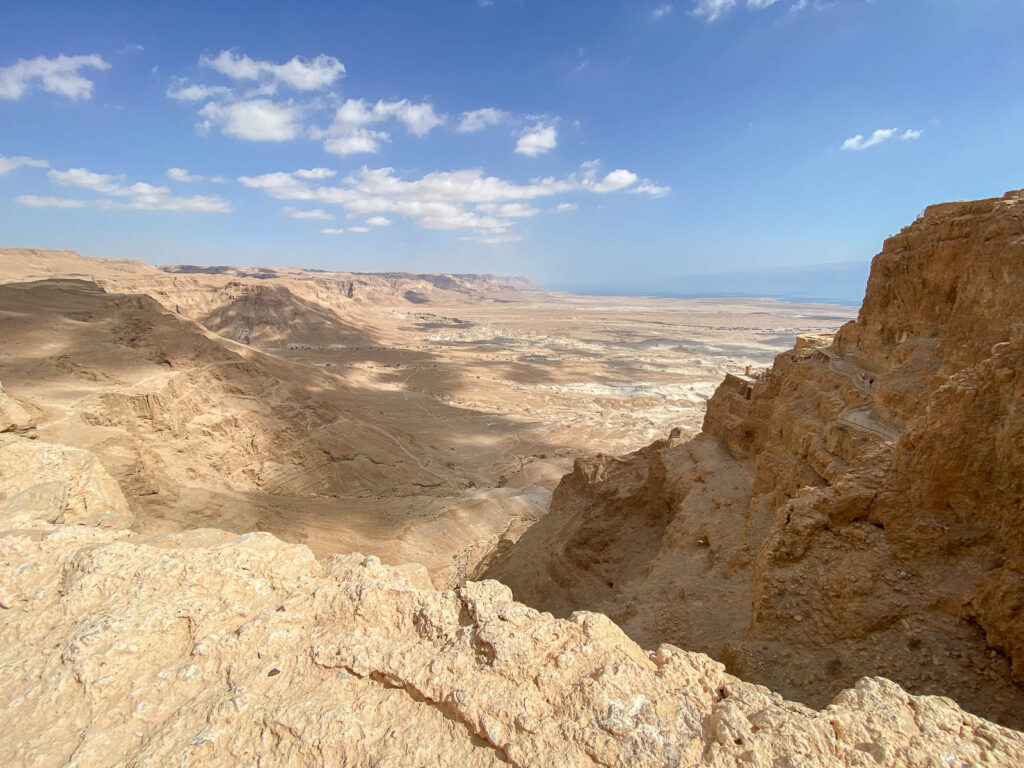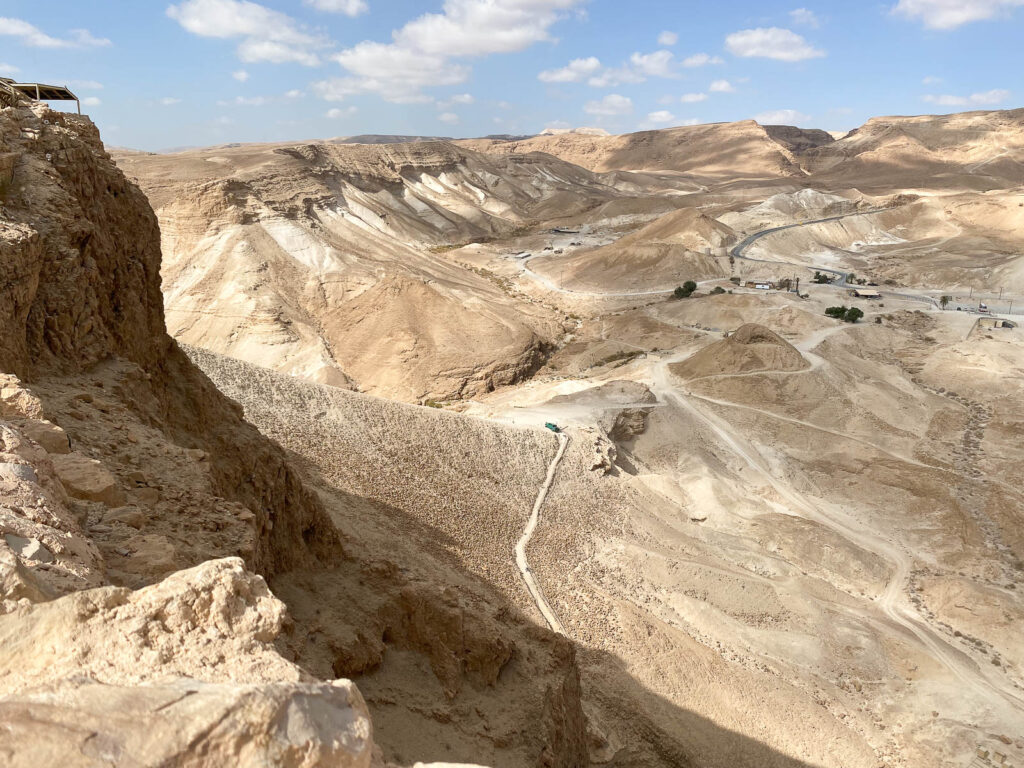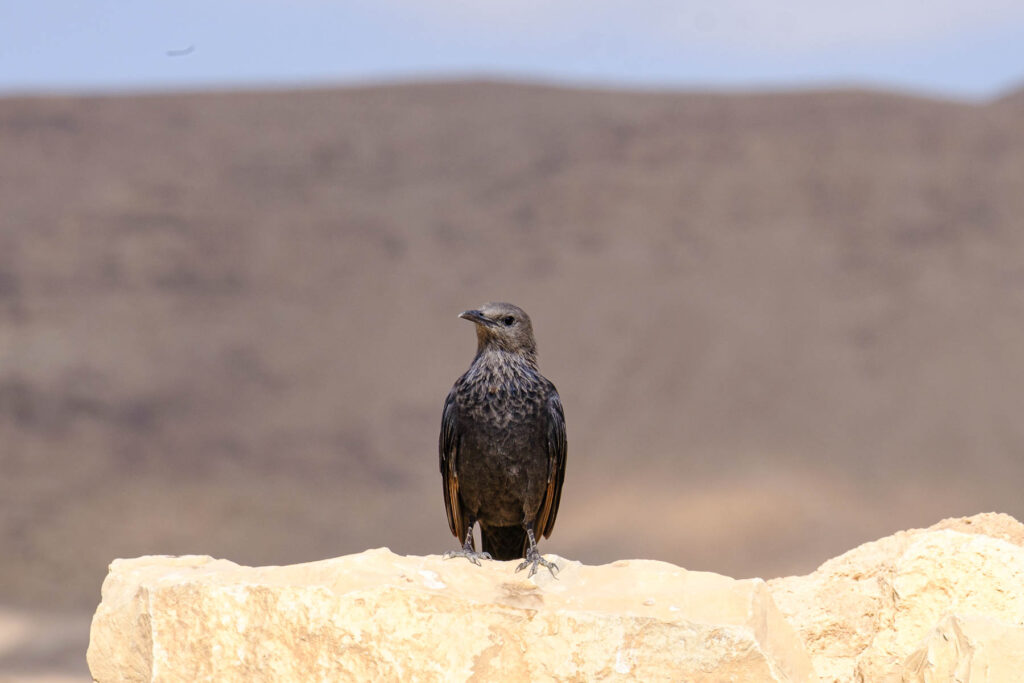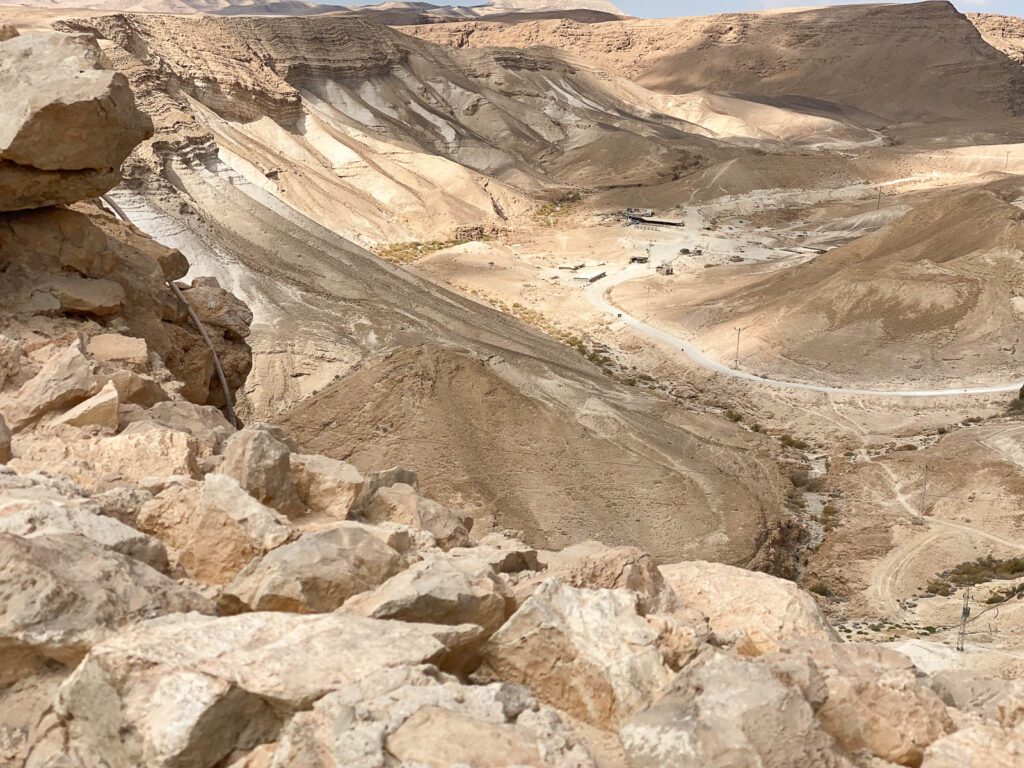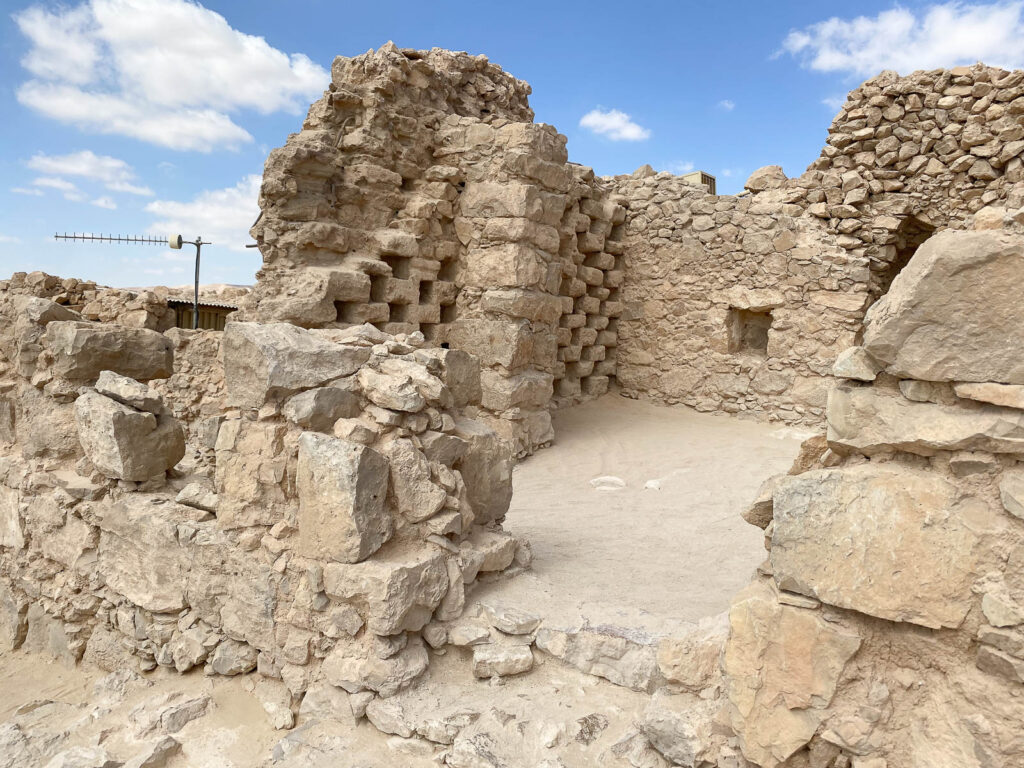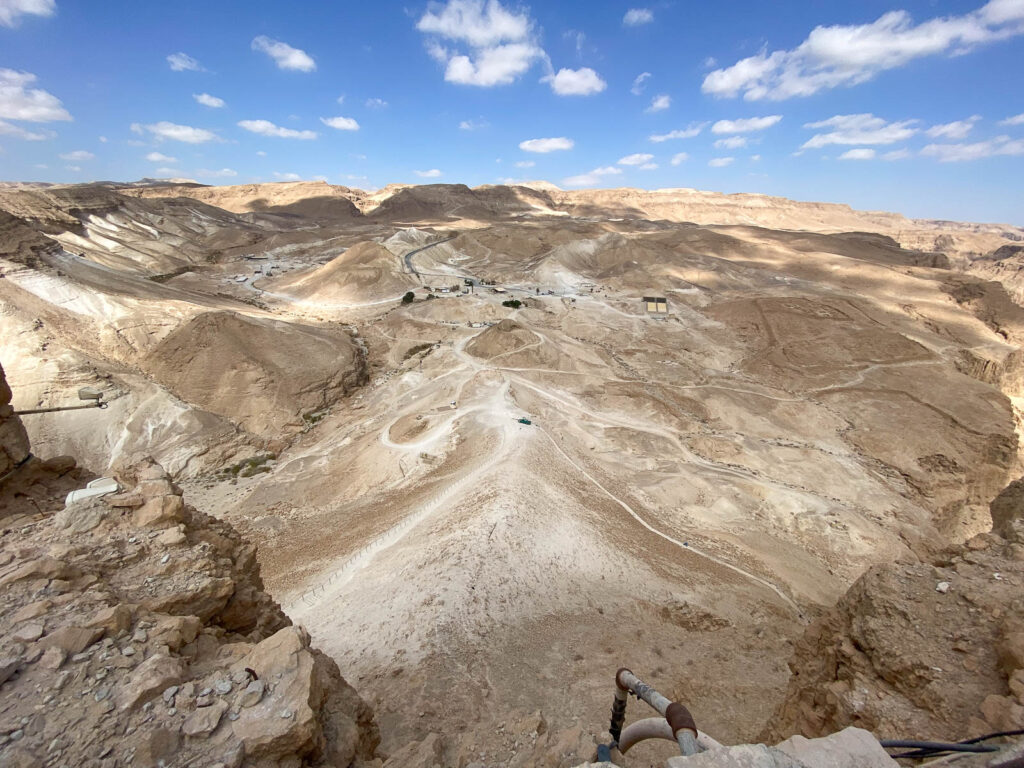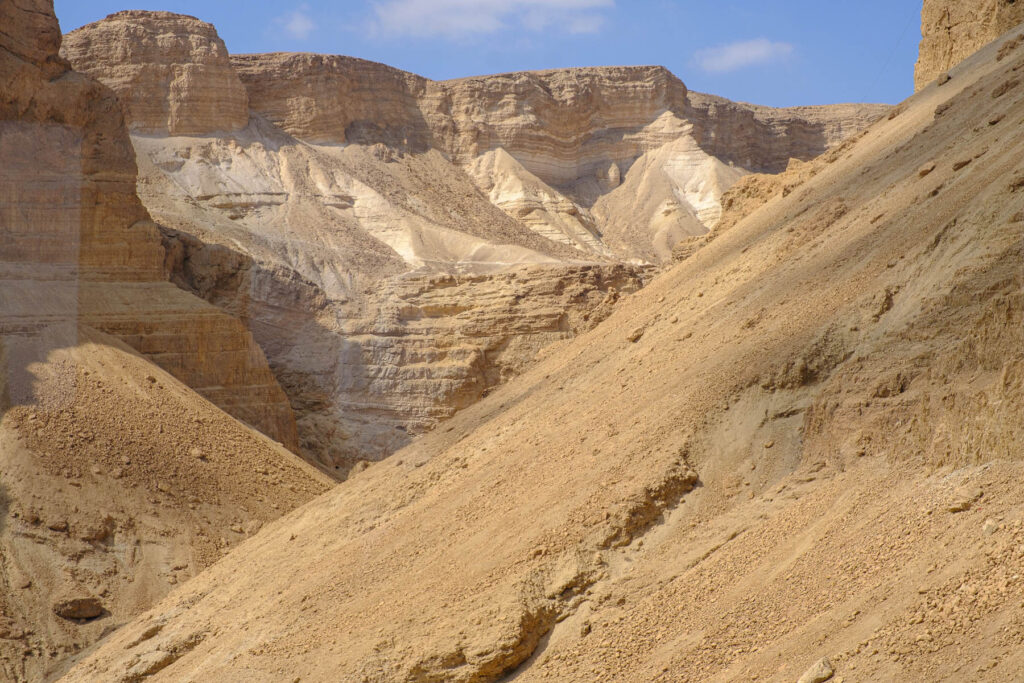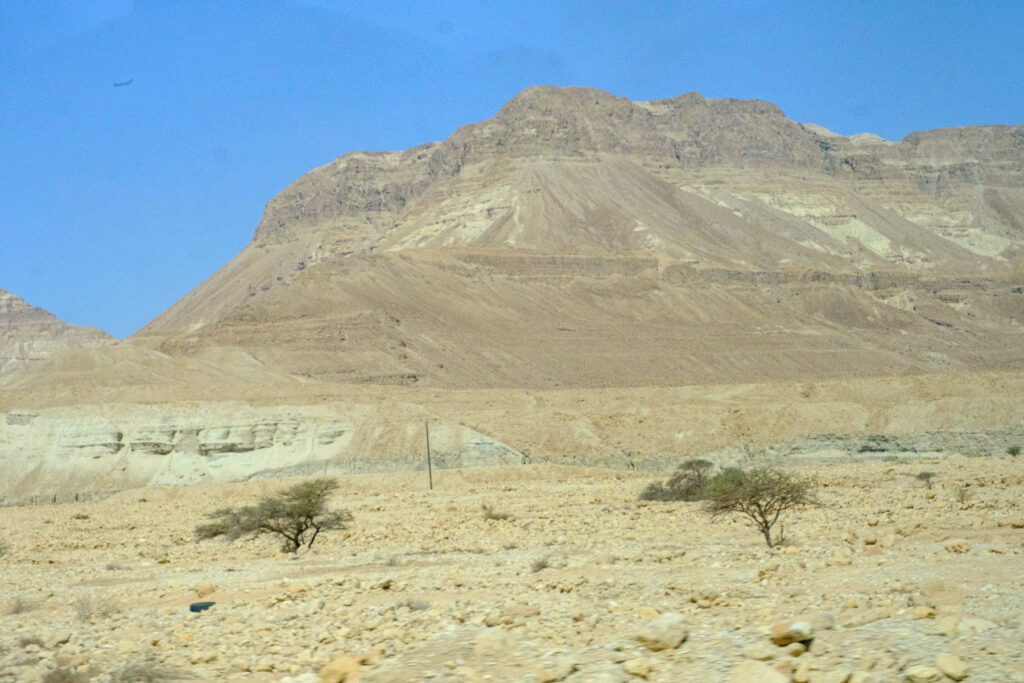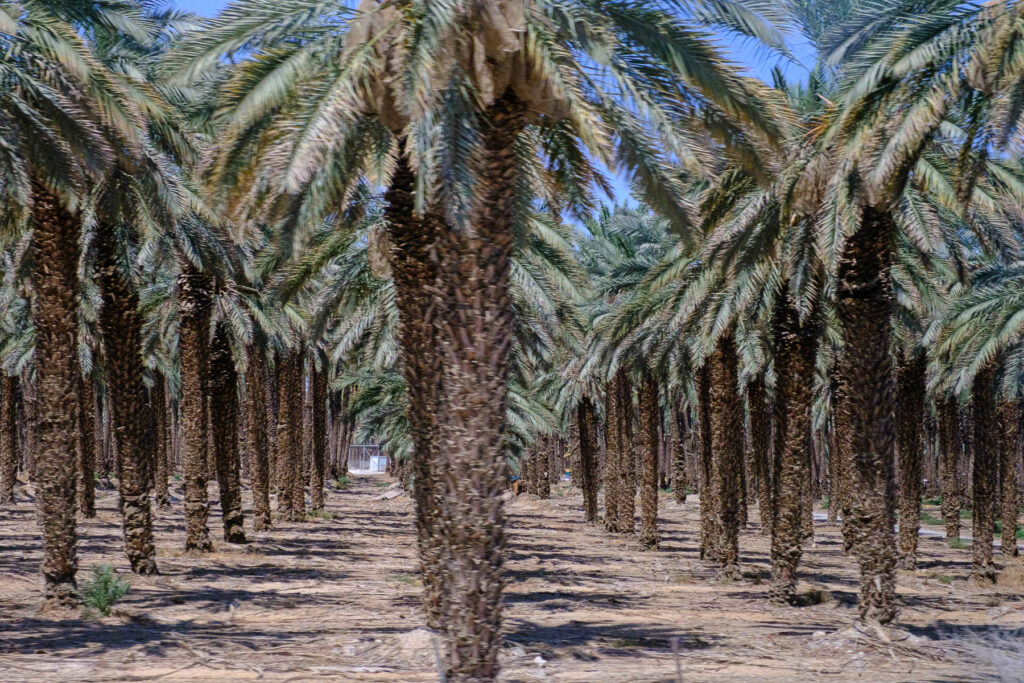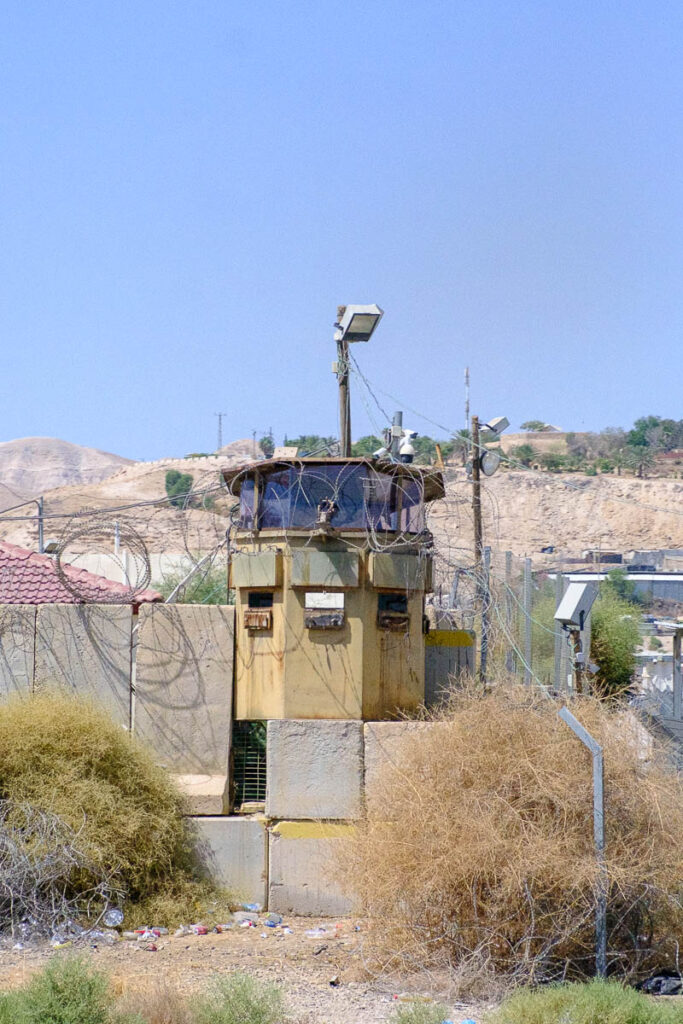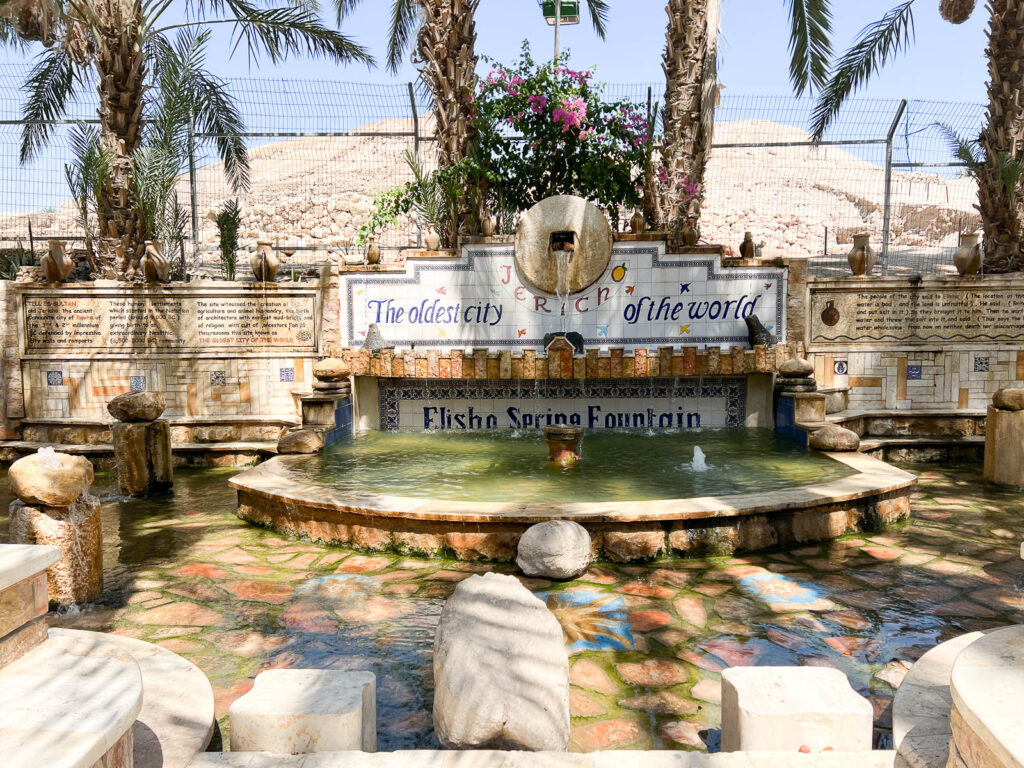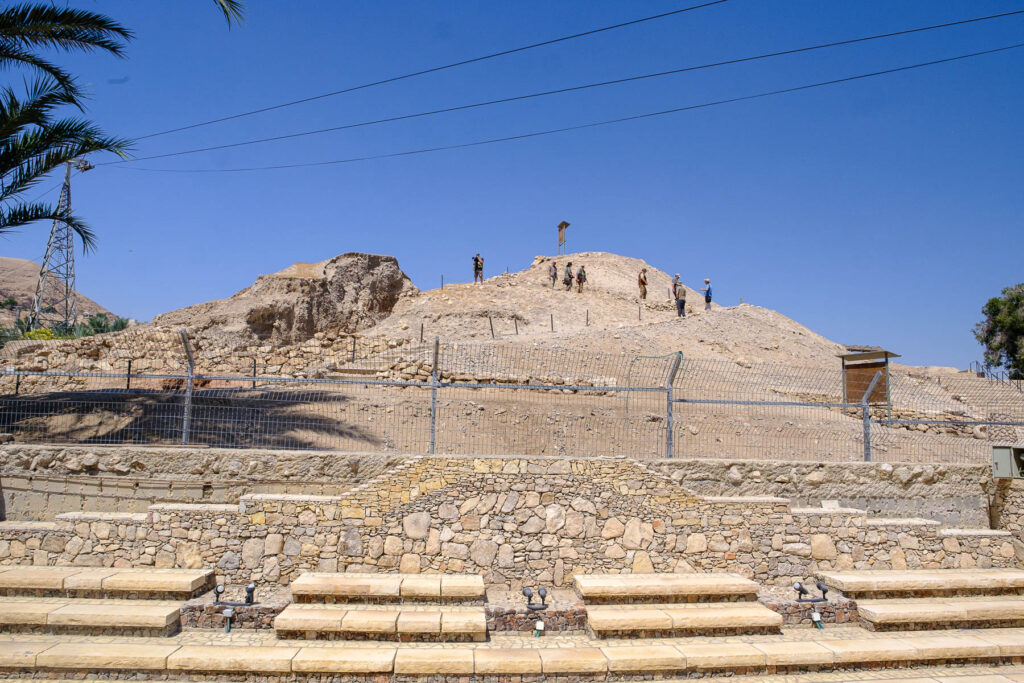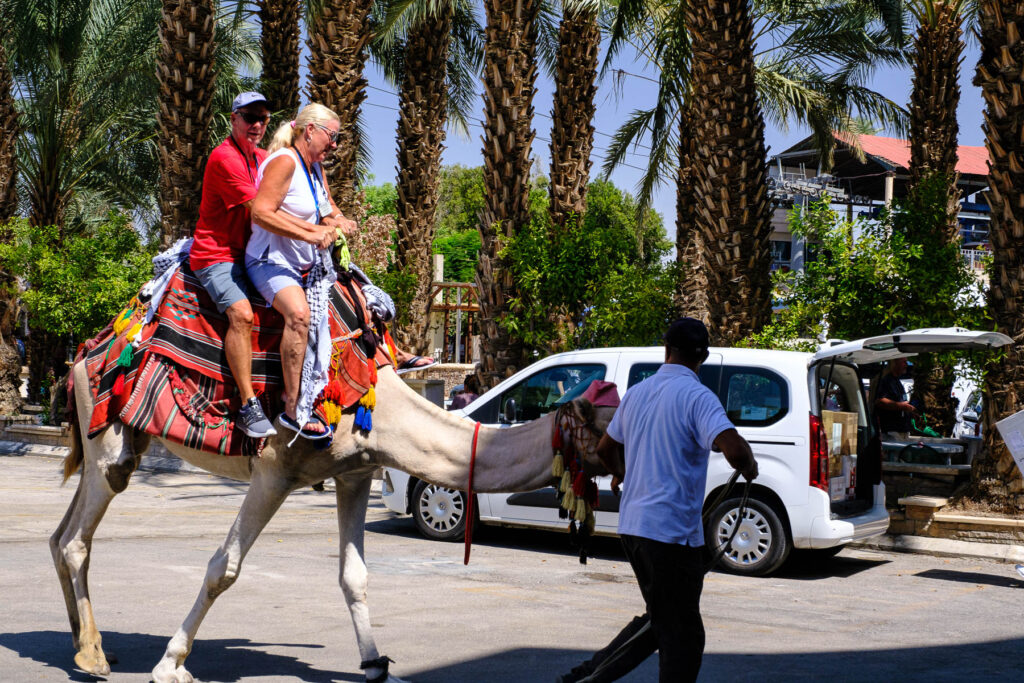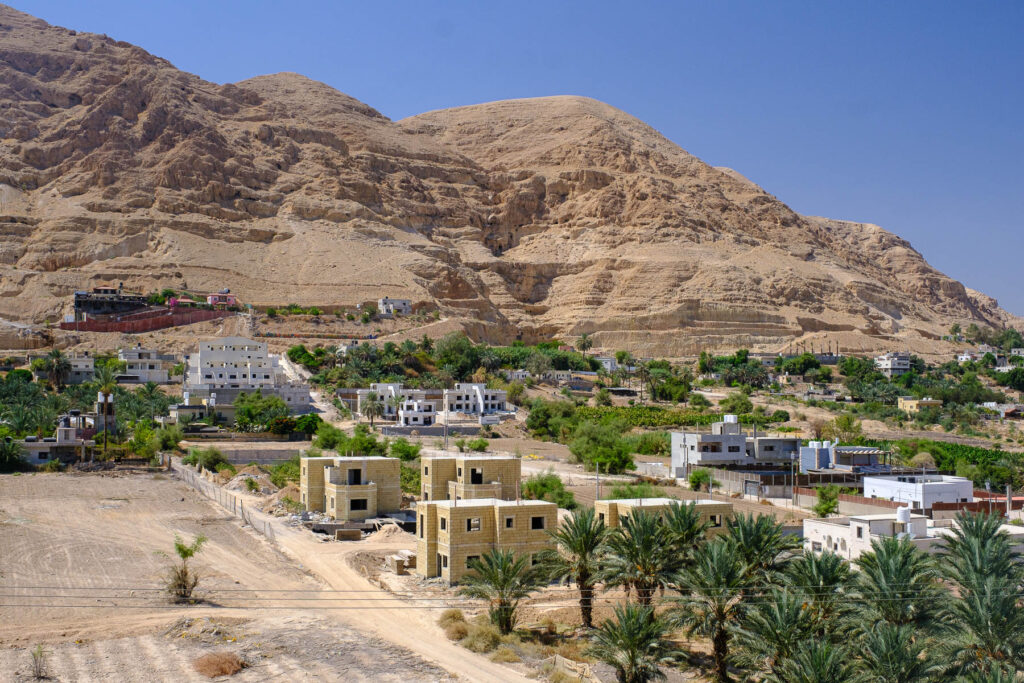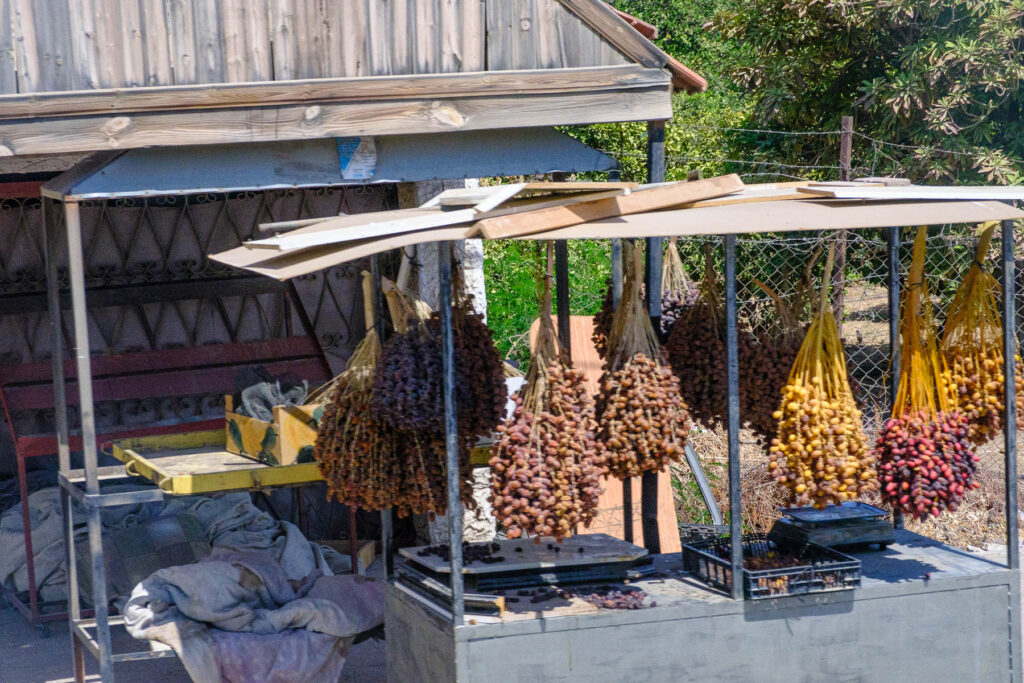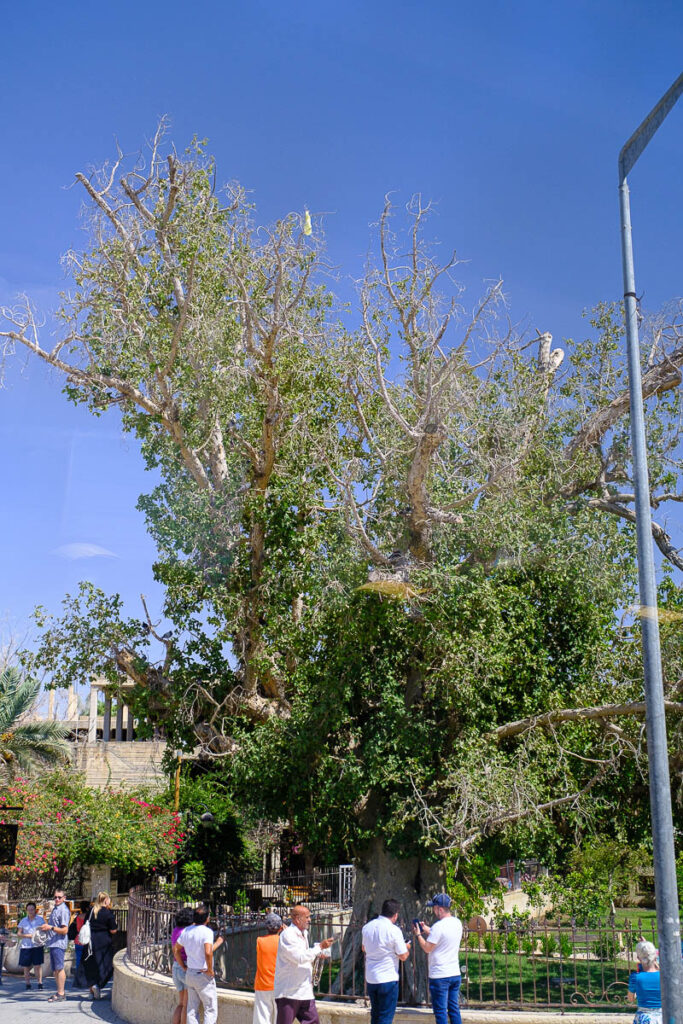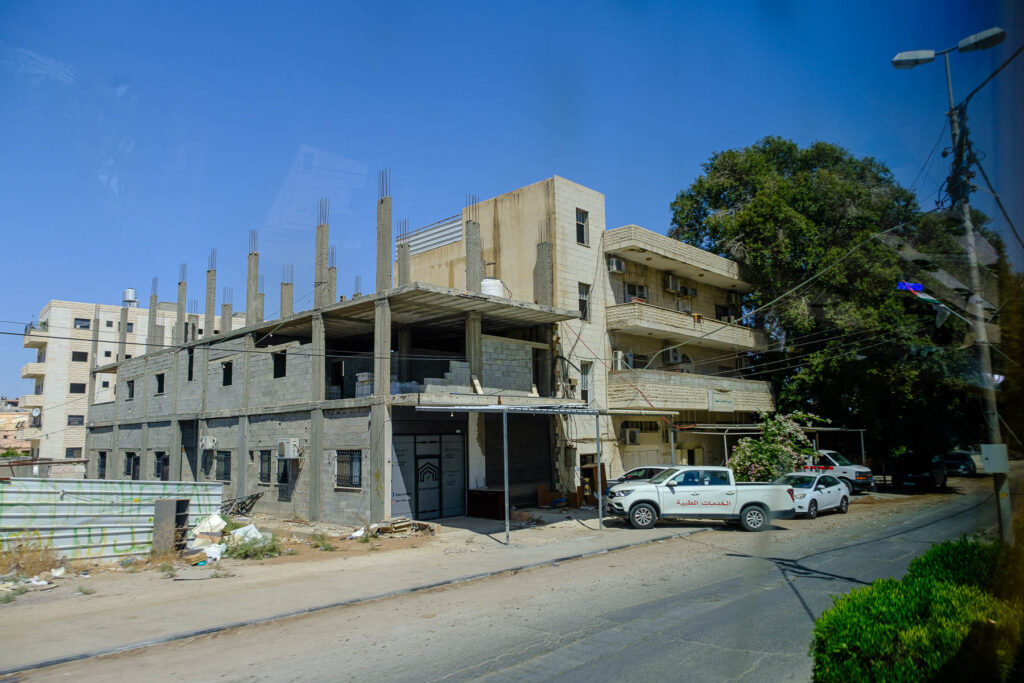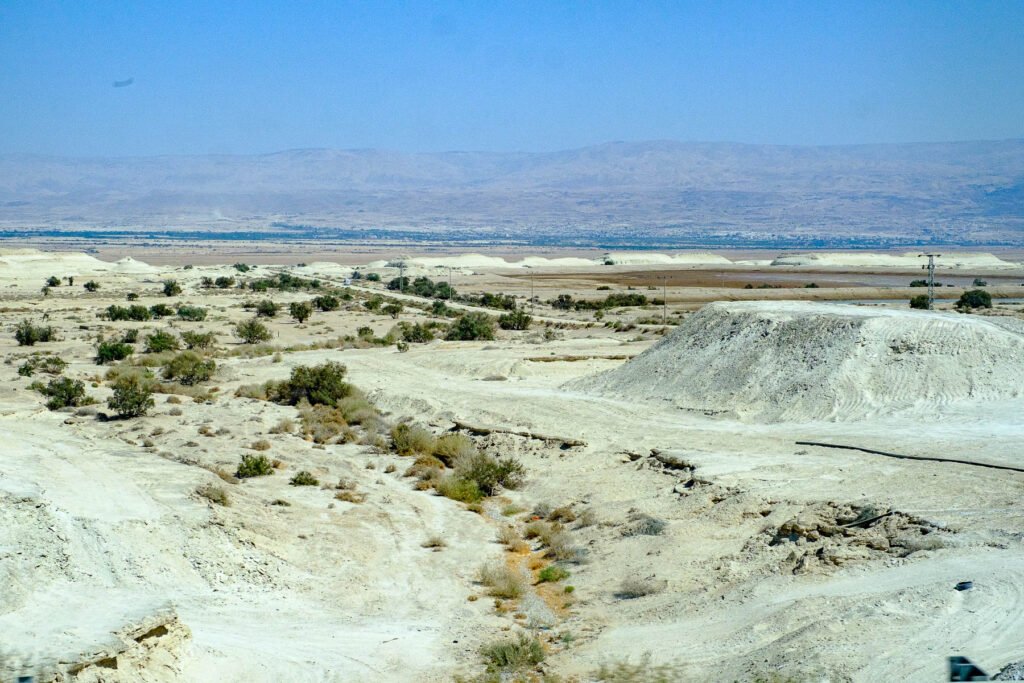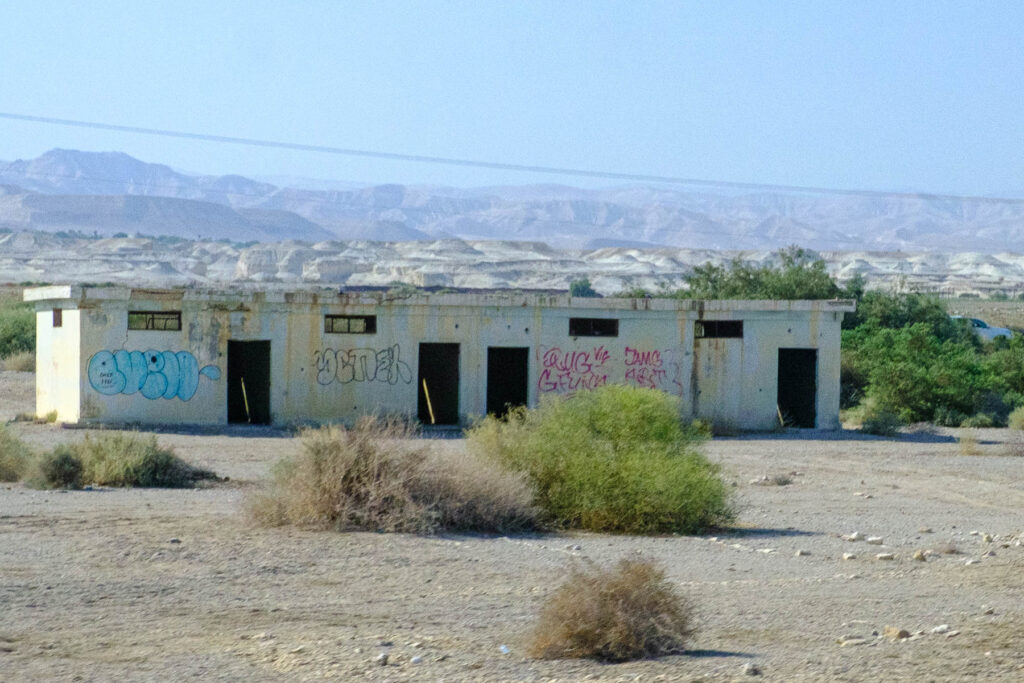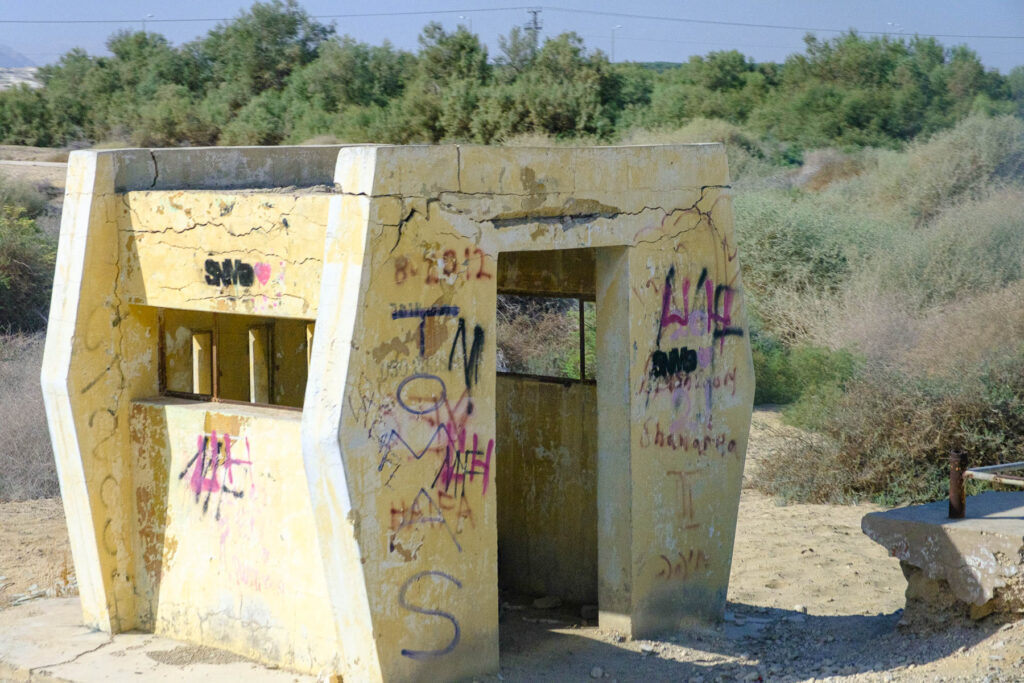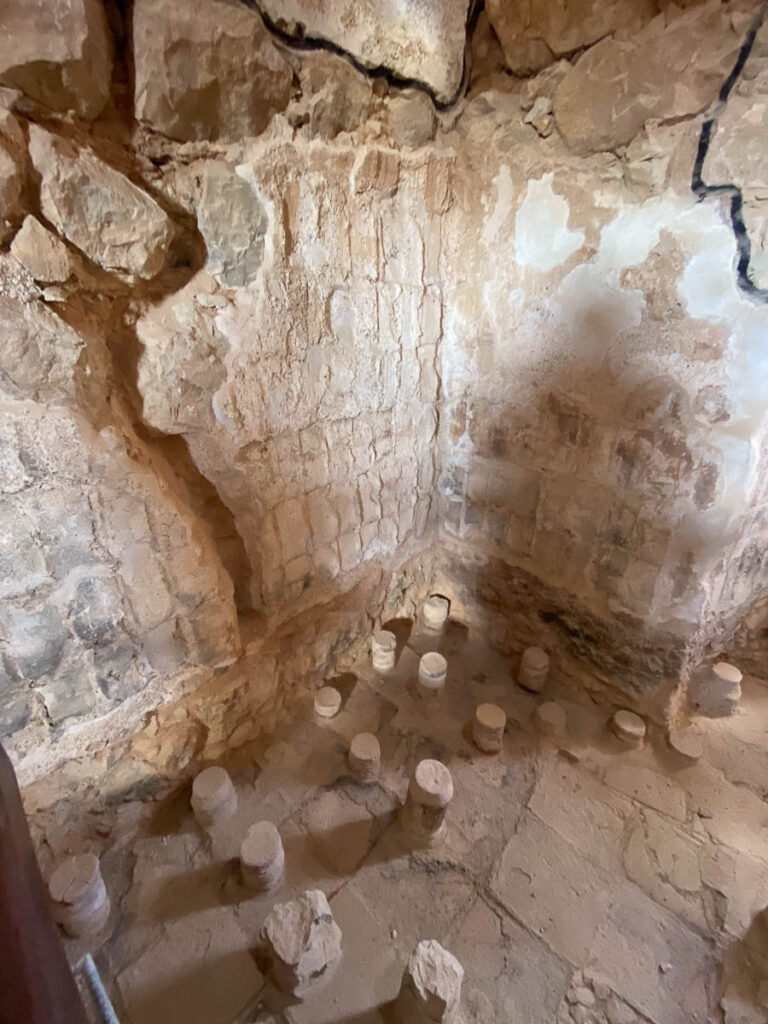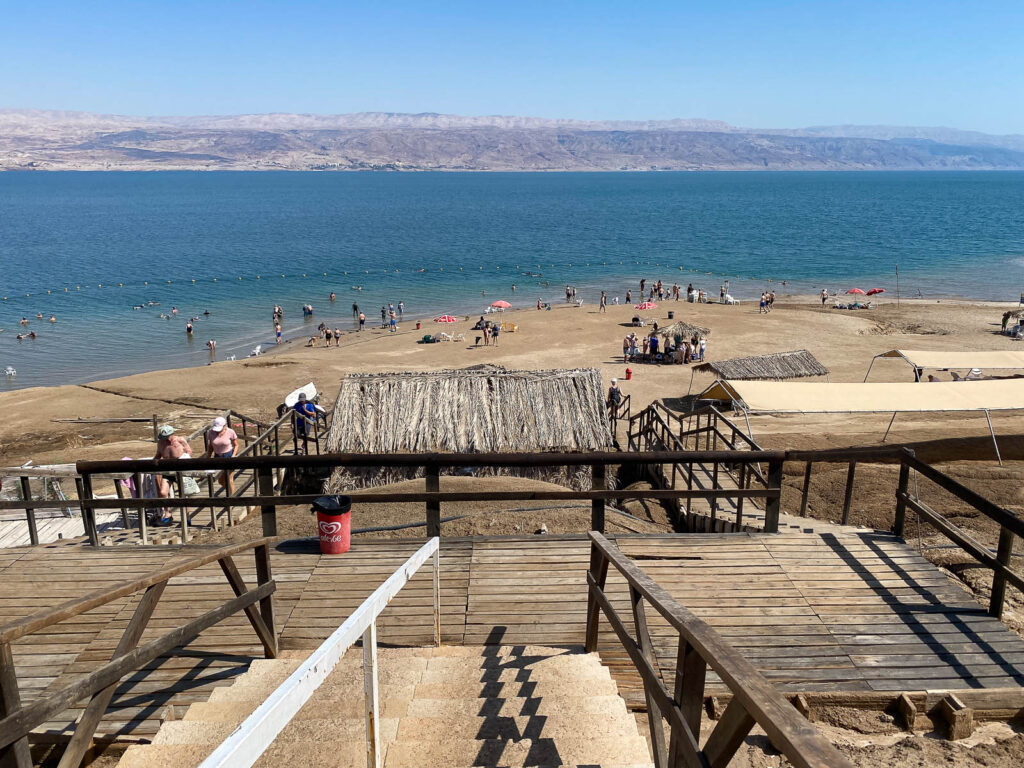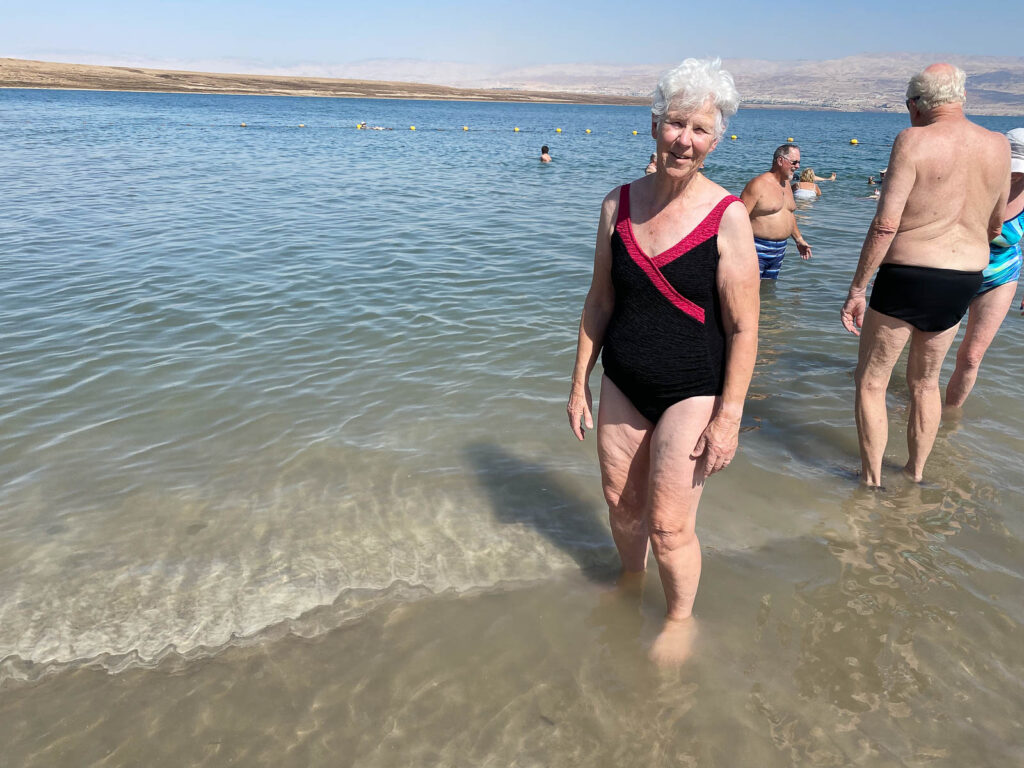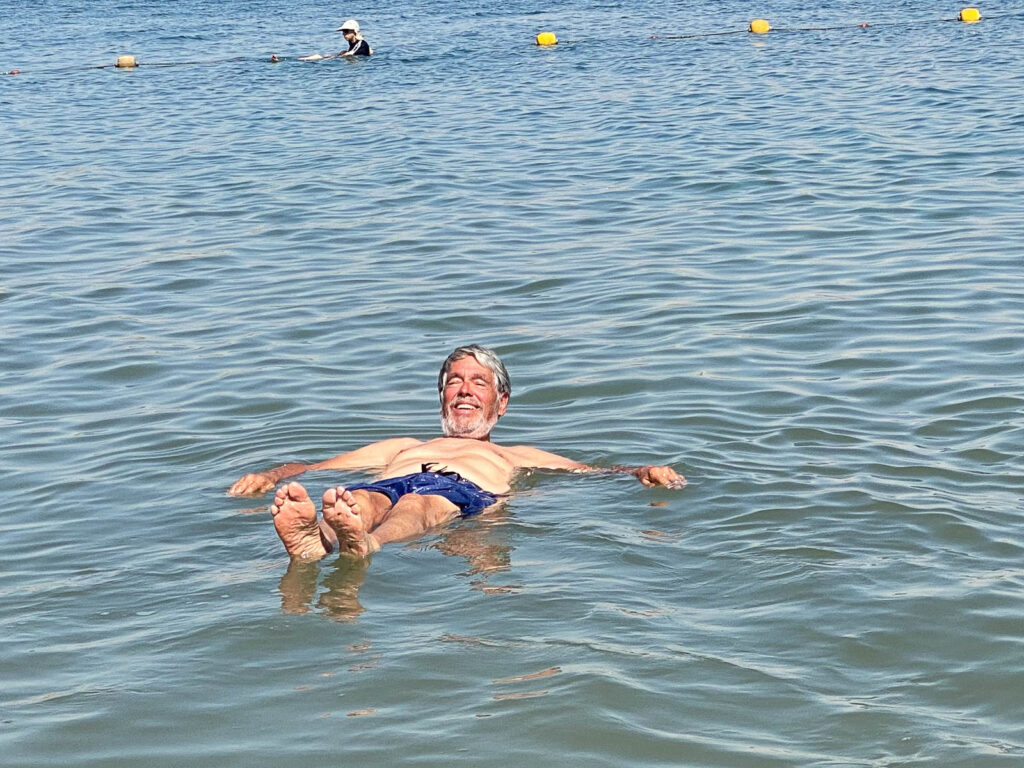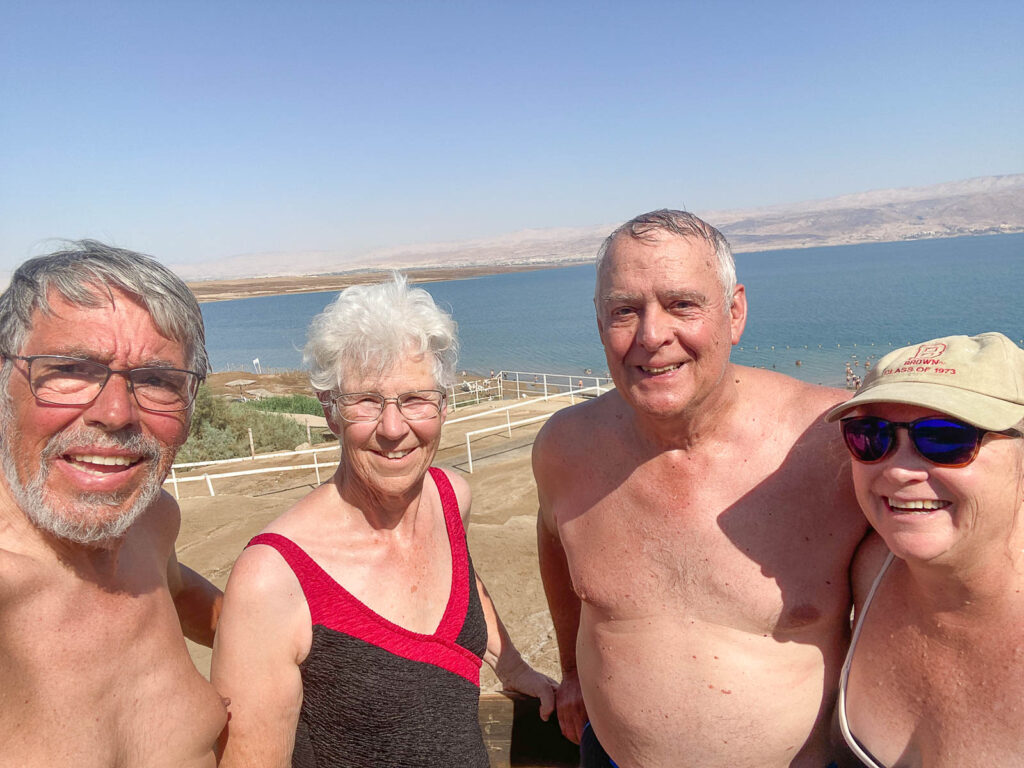Masada makes an interesting story – I was going to say it makes a good story, but the story isn’t really “good.” It has a tragic ending and it’s beginning isn’t that great either. Then there are those that say it didn’t really come down like legend would have it, but I’m never one to let facts get in the way of an interesting/good story.
Herod the Great ruled Judea from 47 BCE, when the Roman Senate named him ruler of the Jews, until his death in 4 BCE. Through a complex set of relationships that included his father’s connections to Rome, Marc Anthony and Caesar Augustus, he worked his way up from a kid raised as a Jew to ruler and persecutor of the Jews. Cleopatra was a business partner mining asphalt from the Dead Sea to seal ship hulls. He’s the one calling for all Jewish babies Jesus’s age to be killed, causing his folks to move to Egypt until Herod died a painful death of some disease.
Herod was a builder: he expanded the Second Temple in Jerusalem, founded the cities of Caesarea Maritima and built fortresses like Masada, which we visited today. Masada was probably a safety fortress. If Herod was on the run, he could head south from Jerusalem to the mountaintop mesa where Masada was built. I’m not sure if anyone knows how often Herod used Masada but it was there if he needed it.
The Masada story is that during the first Jewish uprising against the Romans, a group of radical Jews took over Masada as a final enclave. The Romans put the Jews under siege and built a ramp to the fortress walls so they could maneuver a battering ram into place. The night before the battering ram was used the Jews realized that they could not prevail. The soldiers believed that the Romans would kill all men, rape and kill all women and sell the kids into slavery. The Jews decided that, rather than face that eventuality, each man went home and killed his family. By lots, men were chosen to kill other men. The lottery continued until the last man killed two others and then committed suicide. A woman and five kids escaped to tell the story.
The story has yet to be proven by archeological evidence but nonetheless Masada has become one of the most popular tourist spots in Israel. A cable car brings visitors to the tabletop where the fortress walls, accommodations, church, baths, granary and water supply were constructed. The views of the Dead Sea and the Judean Desert are breathtaking.
Incidentally, after the First Jewish War ended, the Romans completely destroyed Herod’s creation, the Second Temple in Jerusalem.
We drove north up the Dead Sea coast to the town of Jericho. There’s not much to see of the original town, the one where tells of Joshua’s attack in which “the walls came a tumbling down.” It’s another fact in some dispute by warring camps of archeologists and historians. There is belief that Jericho is the oldest city in the world, with archeological evidence that civilization existed here 11,000 years ago, when mankind was developing farming technologies.
We were shown a sycamore tree billed as the one the Zacchaeus climbed to see Jesus and repent his sins. The tree is a couple of miles from where Jericho existed at the time and sycamore trees last at most four hundred years. But it makes a harmless reminder of the Bible story. We had a tour bus lunch not far away. Some of our group took camel rides. I got my fill of camel riding in Egypt so sat in the bus and watched. None of the souvenir vendors offered me 10,000 camels for my wife like they did at the Pyramids.
As we drove, we saw Bedouin villages nestled in the sand dunes. We also saw graffiti-covered cement block huts that, until 1967, were the barracks of the Jordanian Army, before it was driven out by Israel in the Six Day War And across the Dead Sea in Jordan, we could see the spot where Moses, and two years ago Judy and I, saw the Promised Land from Mt. Nebo.
Then it was time for a dip in the Dead Sea. We went to a complex set up for the purpose with changing rooms and a roped off swimming area. The water there is 34% salt, compared to most ocean waters that are 4% salt. We were only allowed to float on our backs. Swimming on one’s stomach is too apt to cause ingestion of salt water, which can be dangerous to one’s health. But it’s just like they claim: floating on your back is effortless. You float like a dry piece of wood. The water feels oily from the salt. The water was in the 90s.
This evening Judy and I went to a home-hosted dinner with a couple in Bethlehem. They’re Catholic, he’s a woodworker making olive wood products and she helps with his business. They both spoke excellent English. He’s been to the States 10 times selling his wood creations in shopping malls. Check out bethlehembells.com. They have three kids, one 21 and married to a Palestinian and living near Atlanta, GA. There’s a boy 19 and a boy 11. Bishara’s shop is nearby; his father lives on the first floor of their building, his brother on the second and he and his wife Shorok live on the third floor. His 11-year-old was off playing with friends, some Muslim. They said Bethlehem is a big small town where everyone knows everyone and looks out for one another.
Bishara says it is much more difficult since Trump to get a visa to travel to the U.S. so his ability to sell there is hampered. Israel must also approve the visa, which costs $200 whether the visa is issued or not. They expressed many of the same issues Abraham gave us yesterday.
Tomorrow’s a free day. We may visit a museum or a Friday market. We’ll see.
